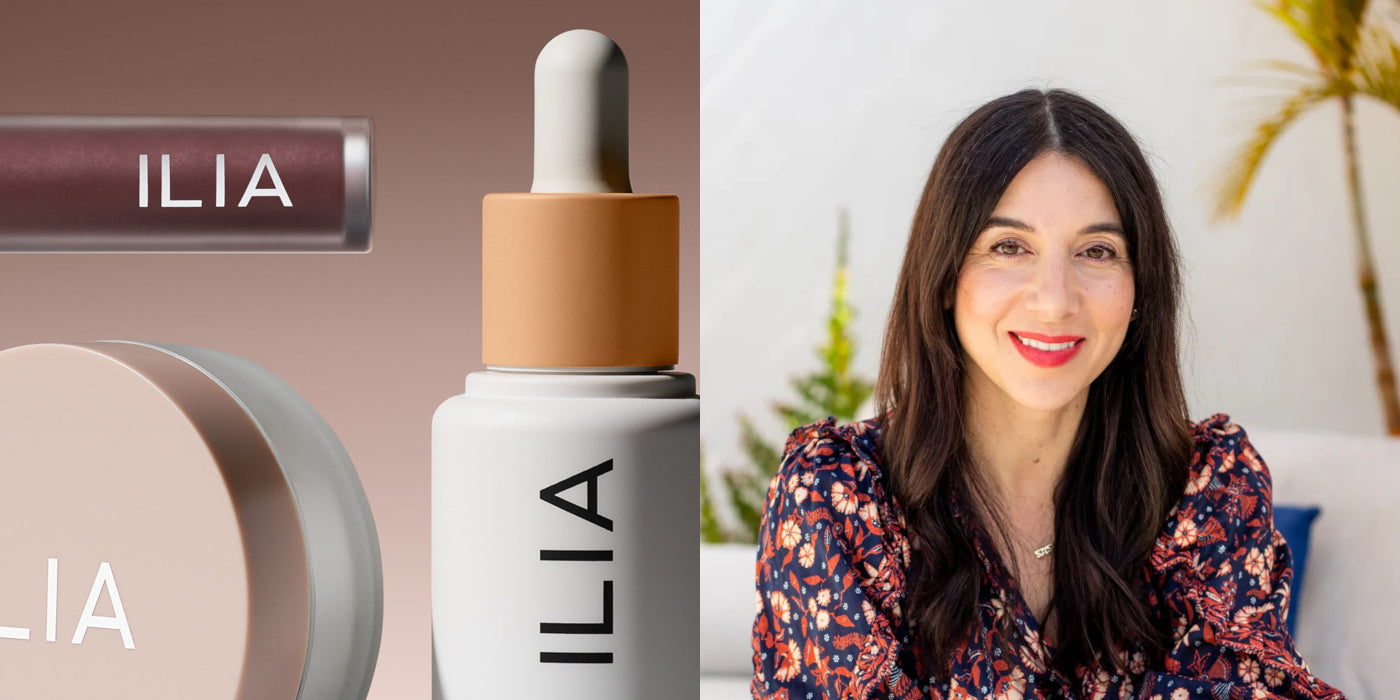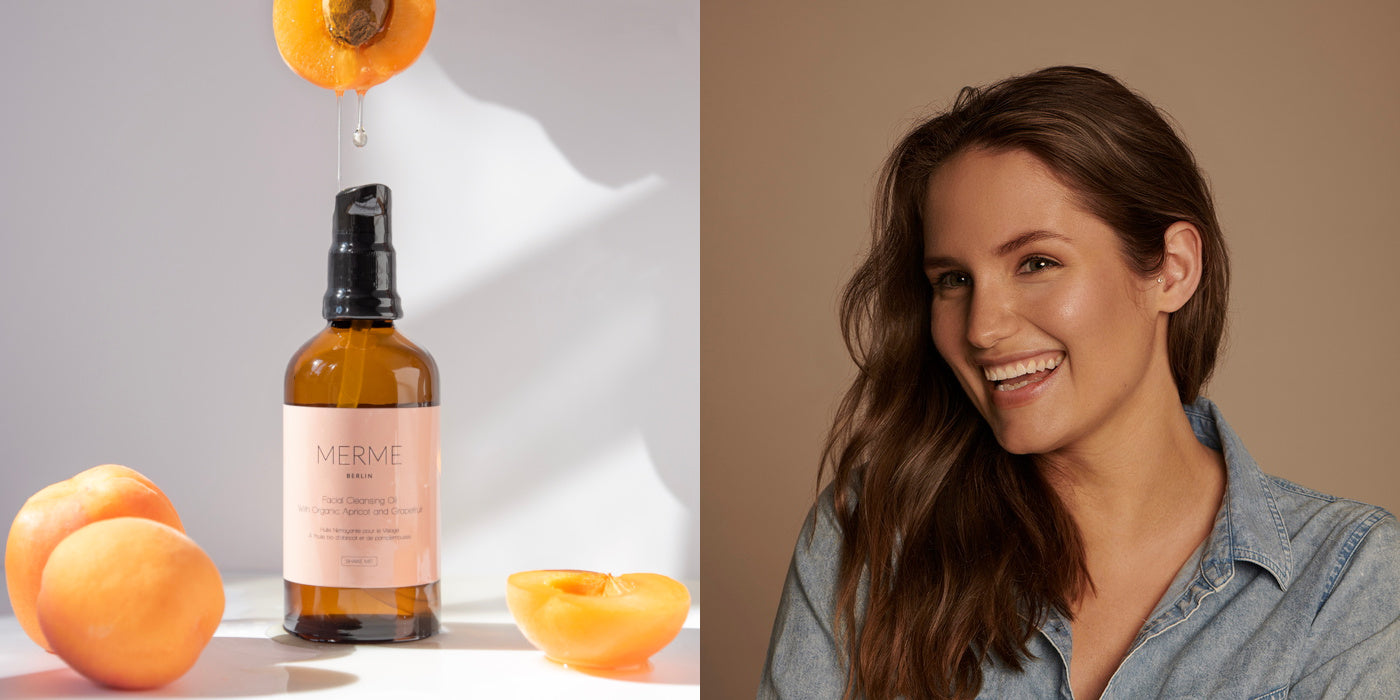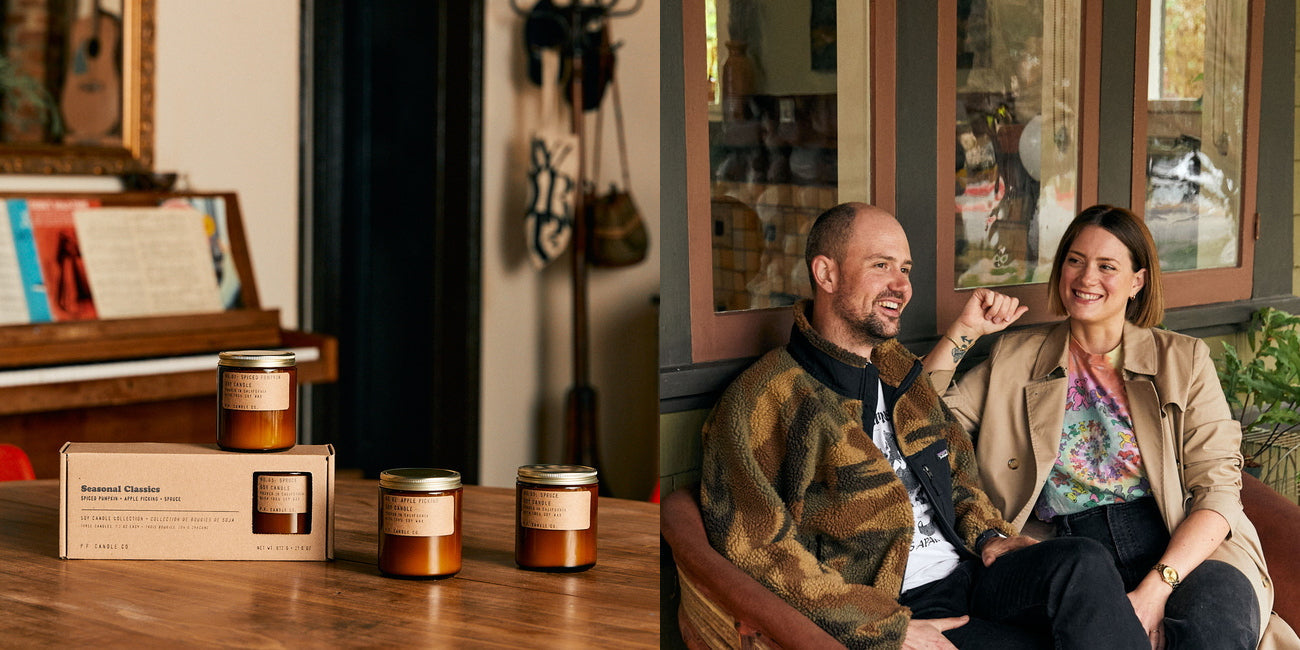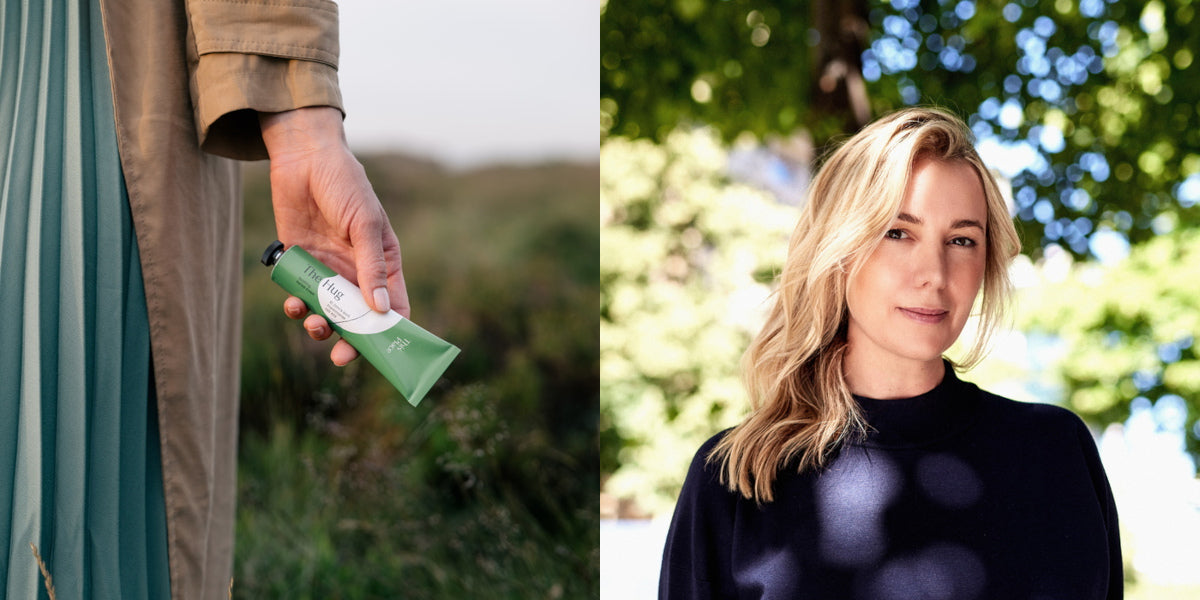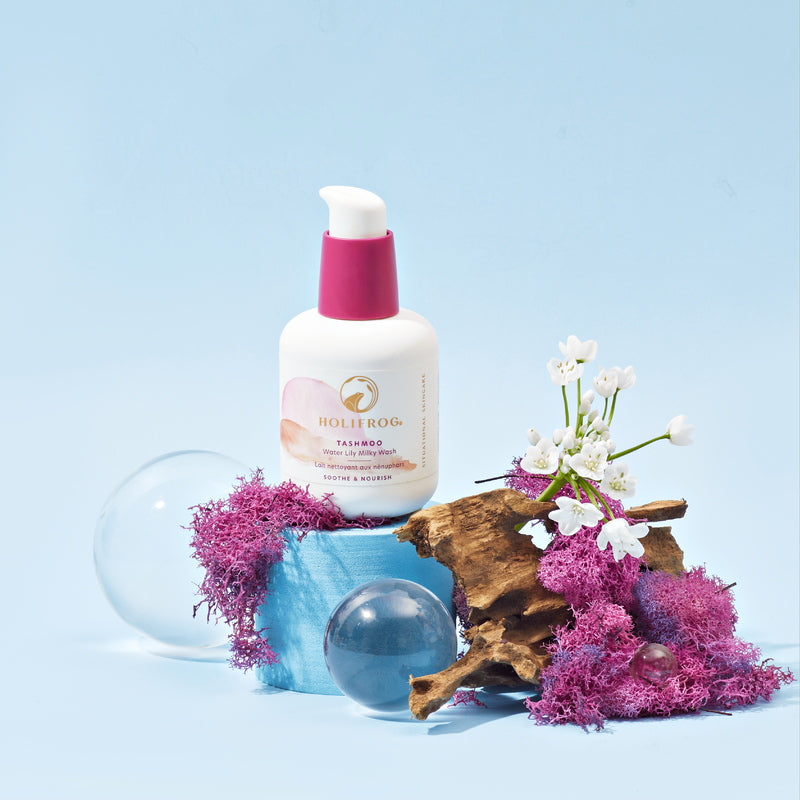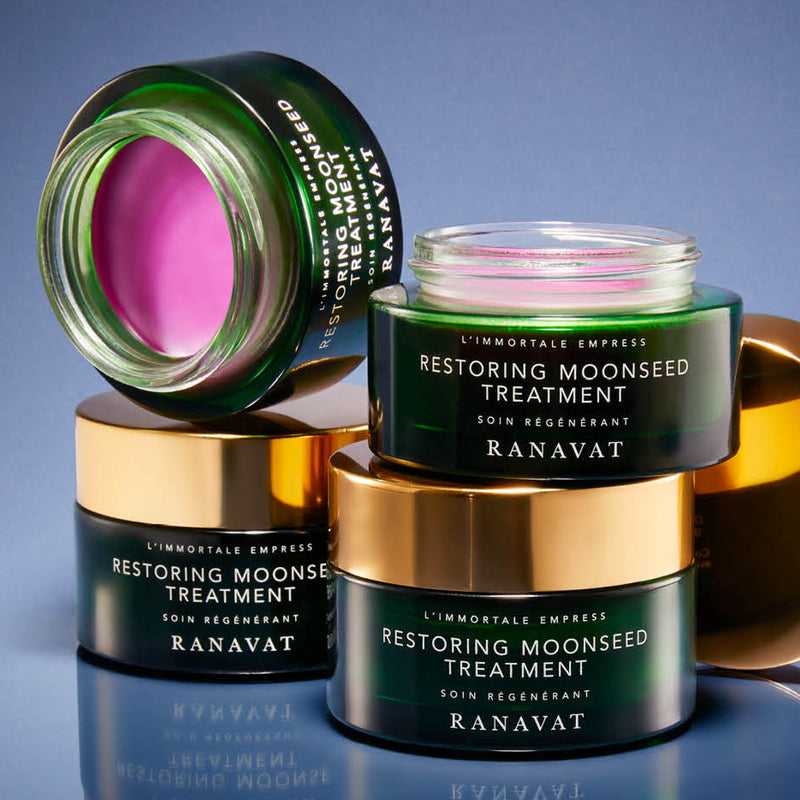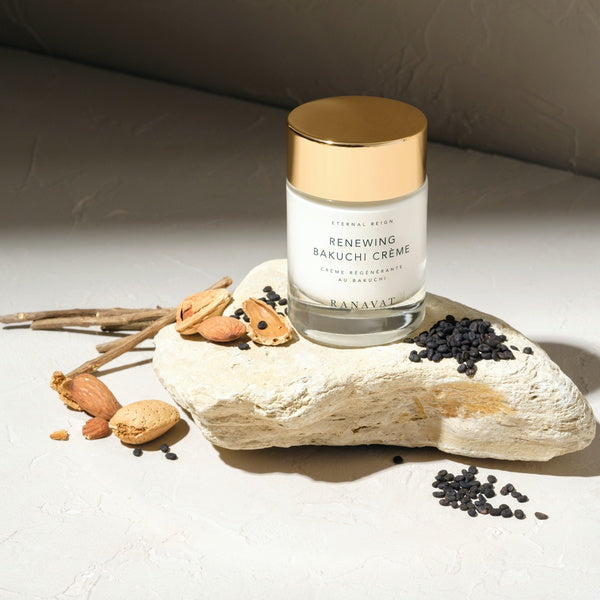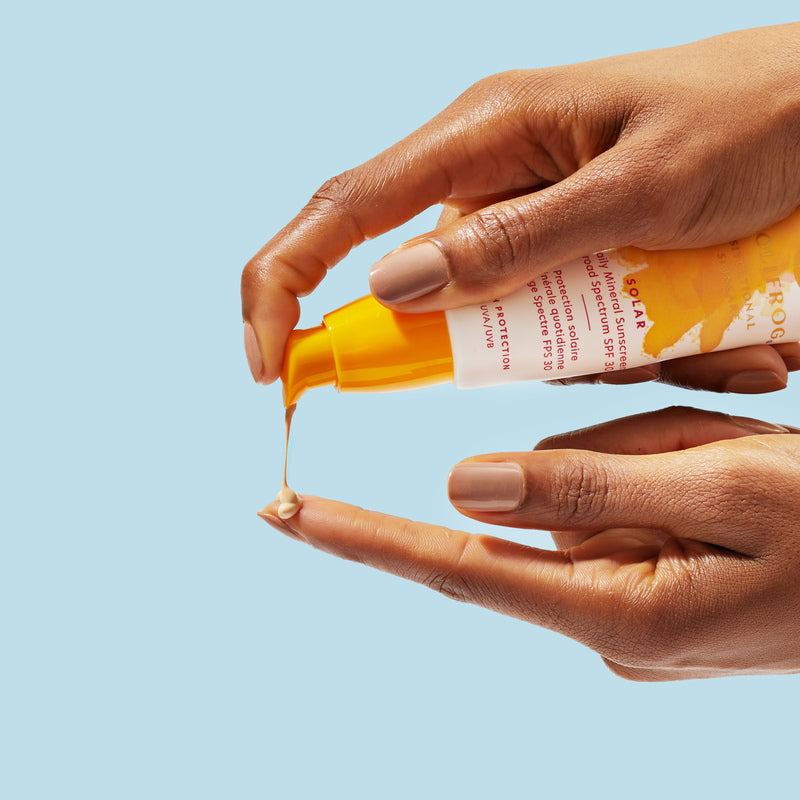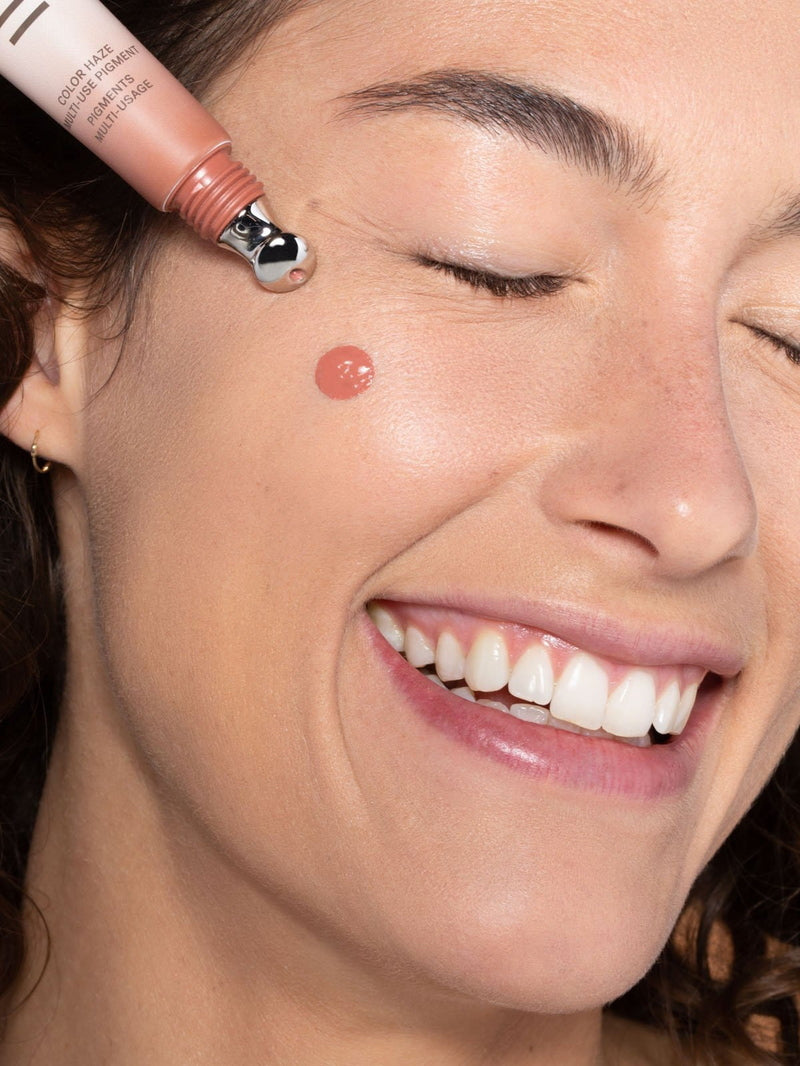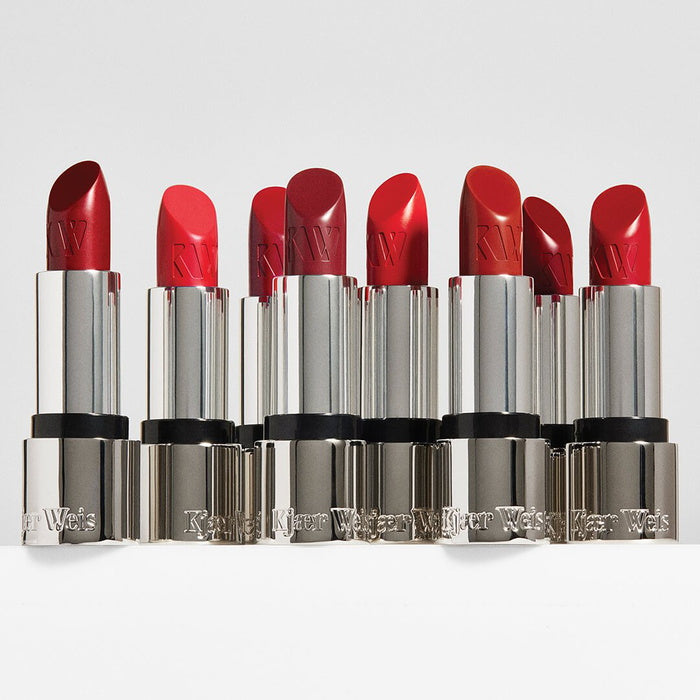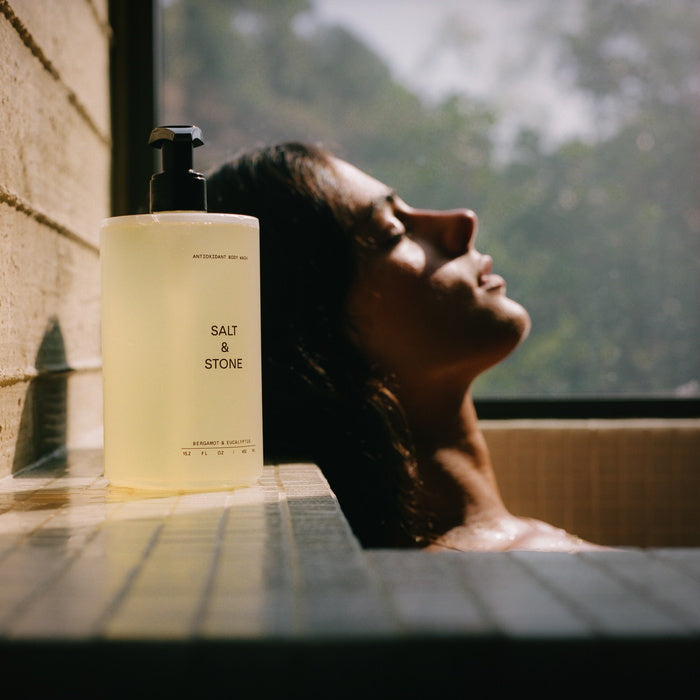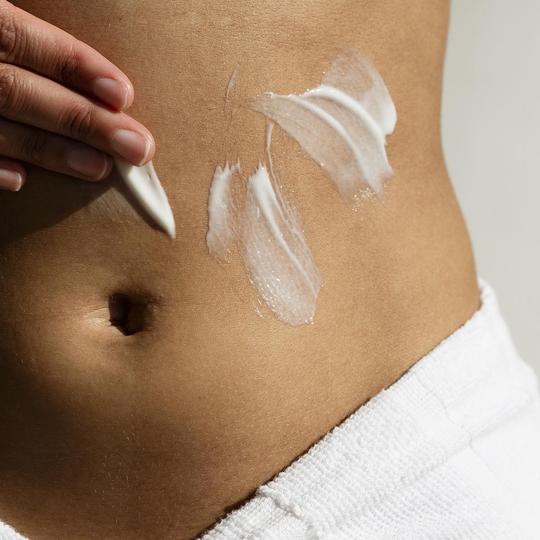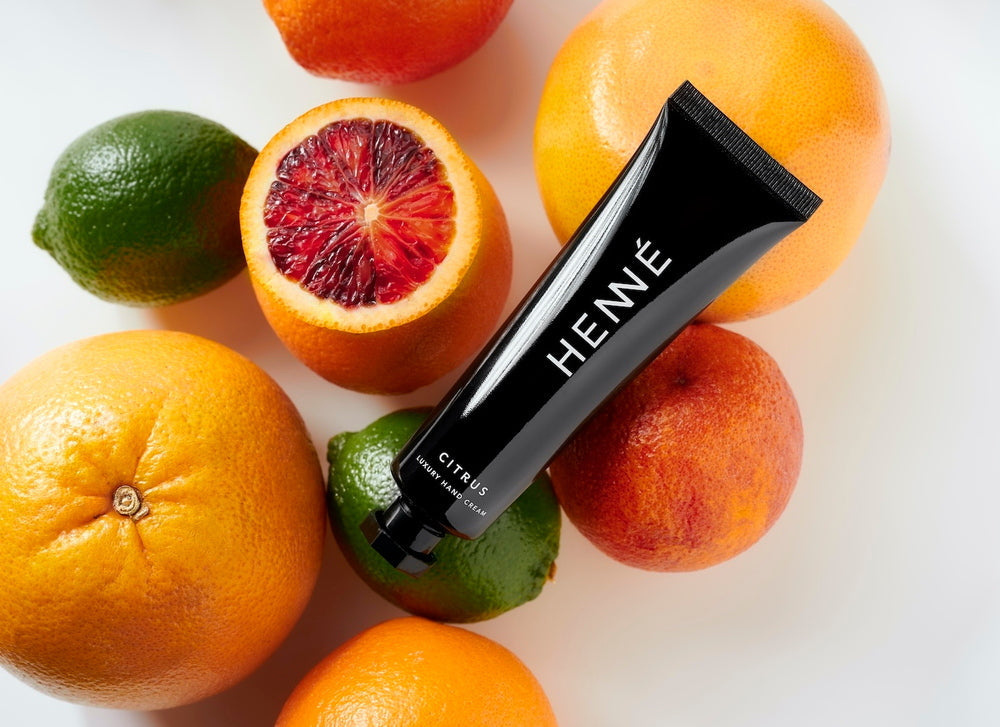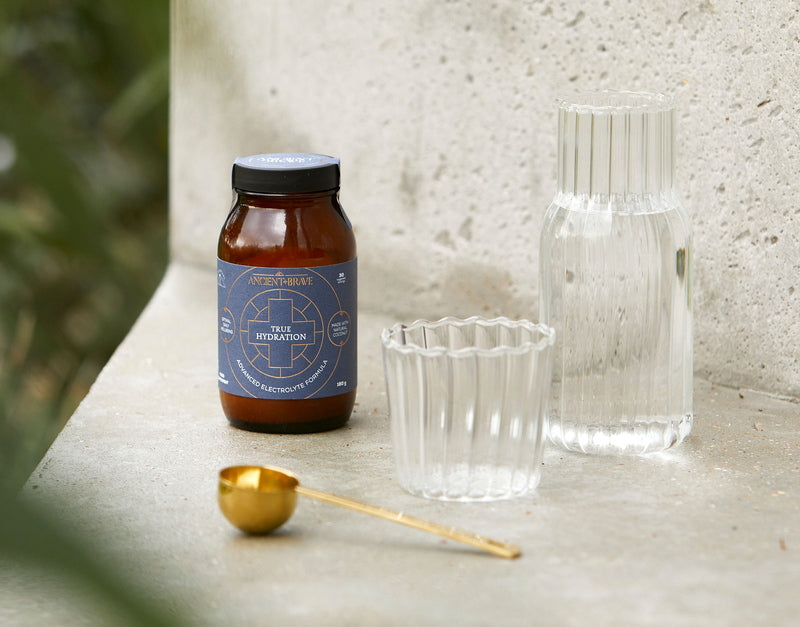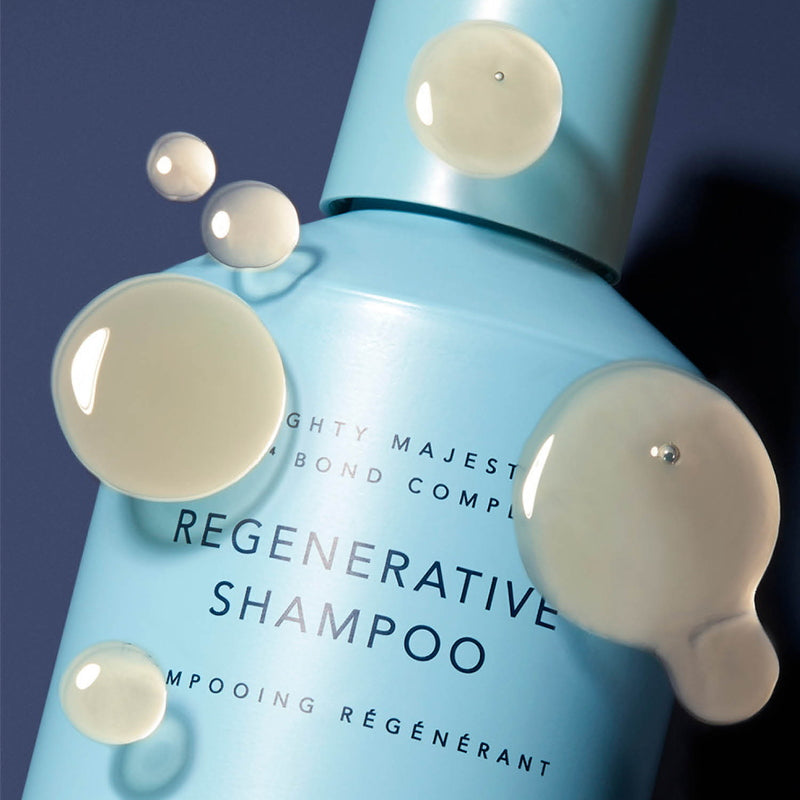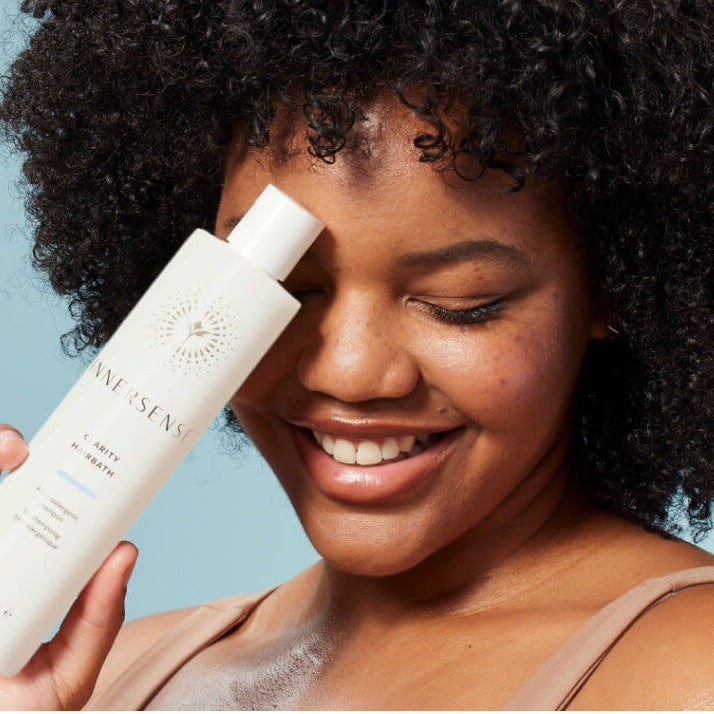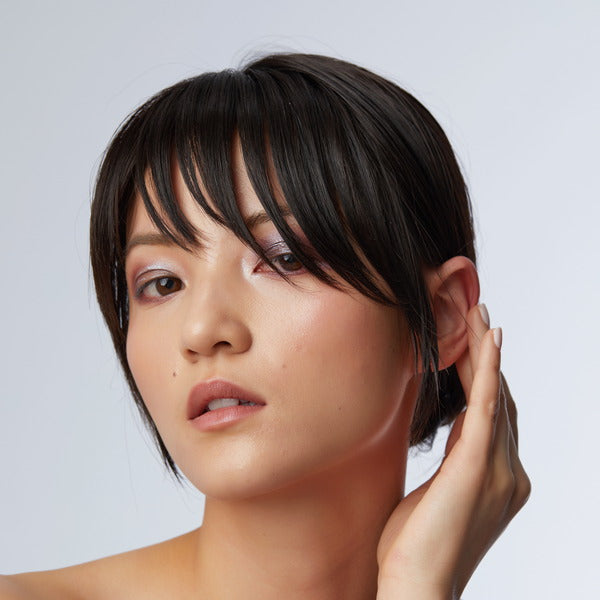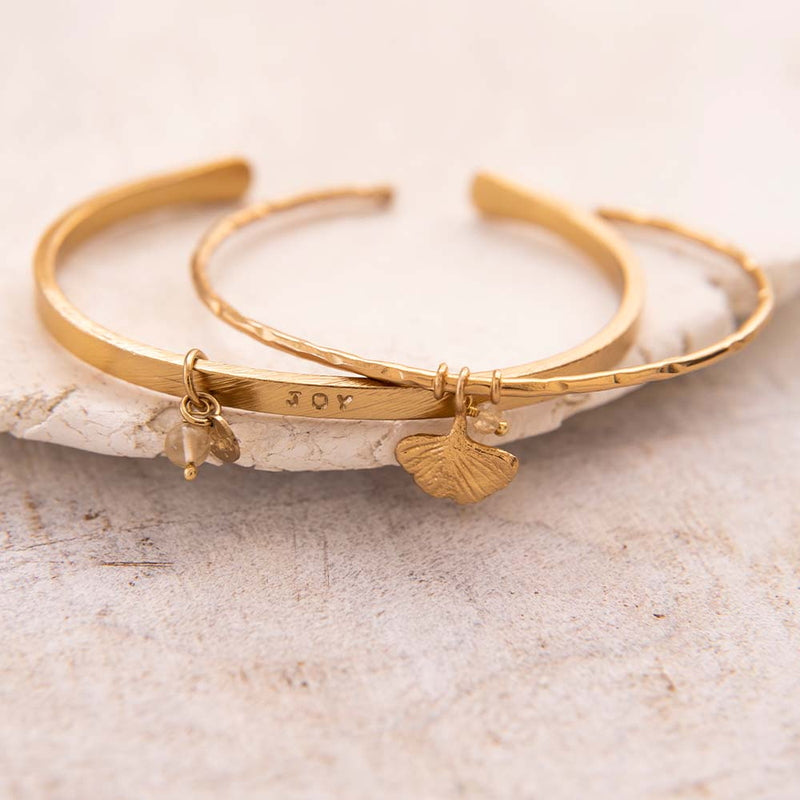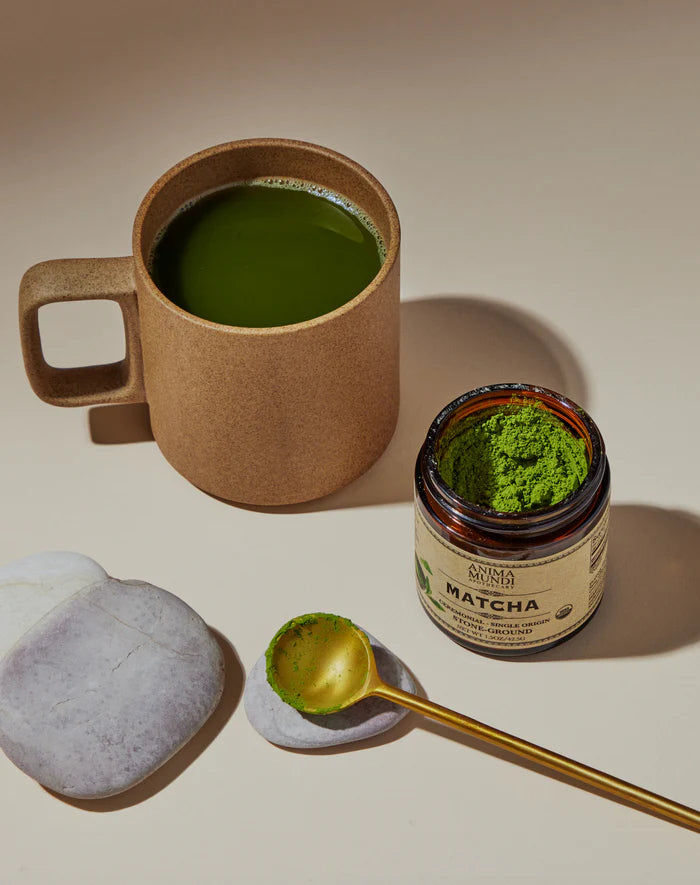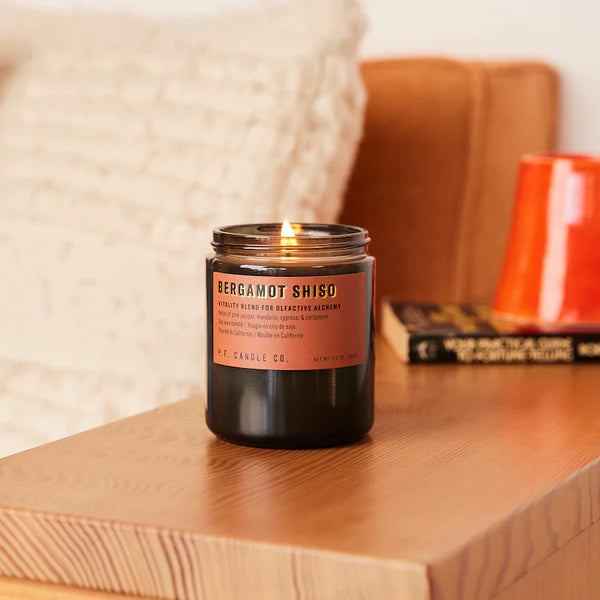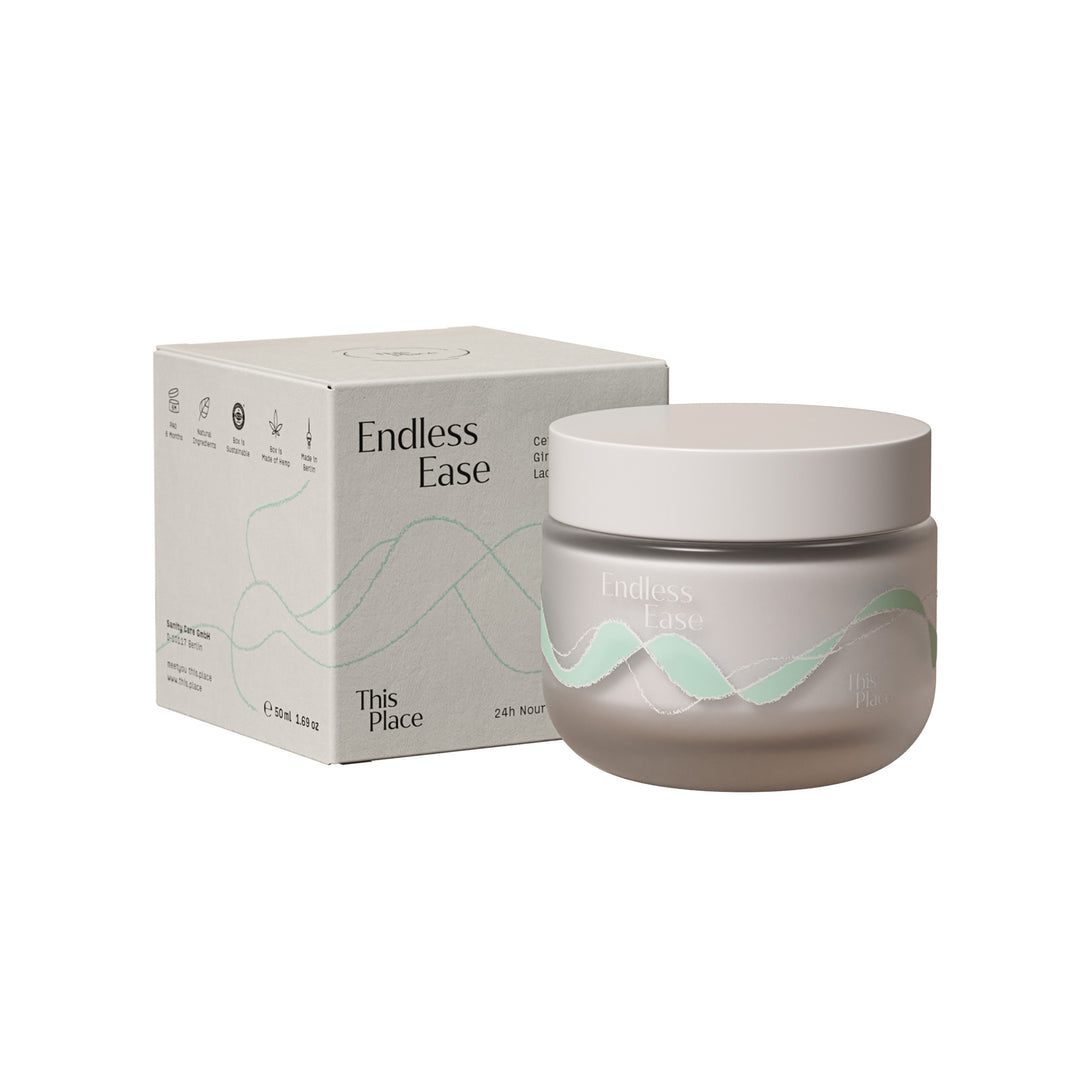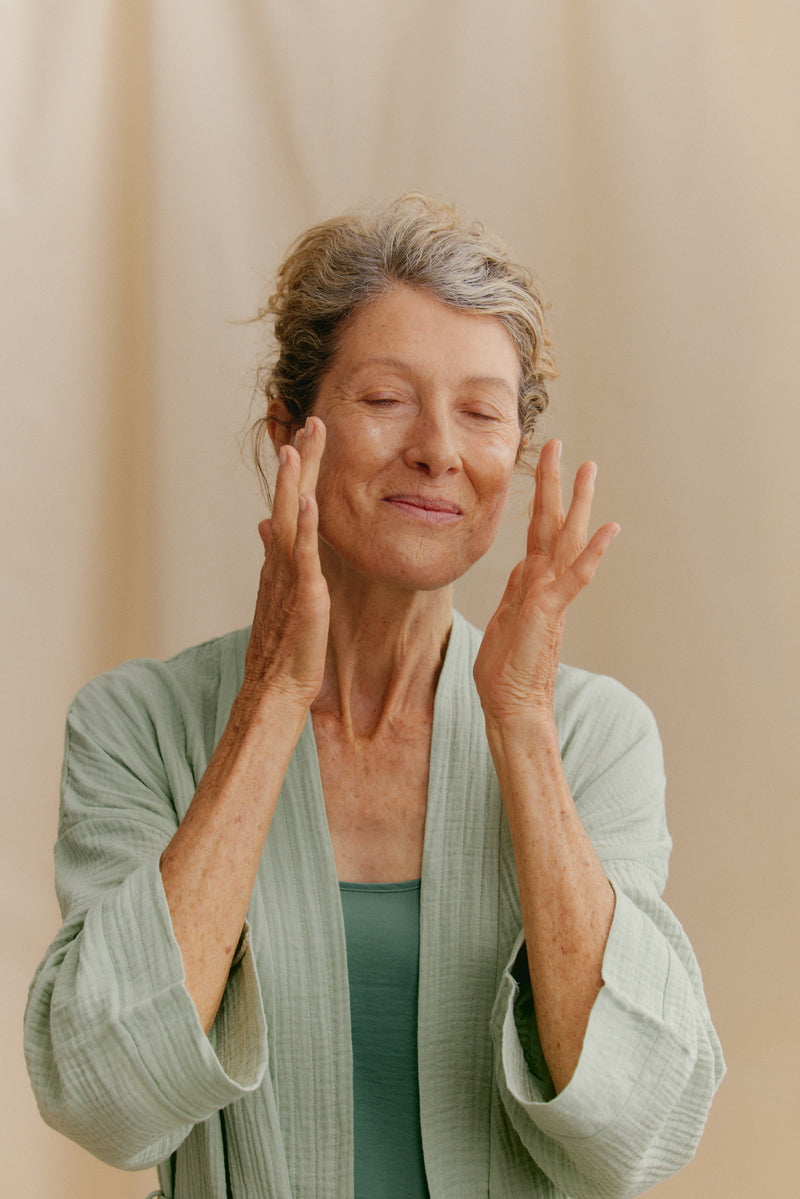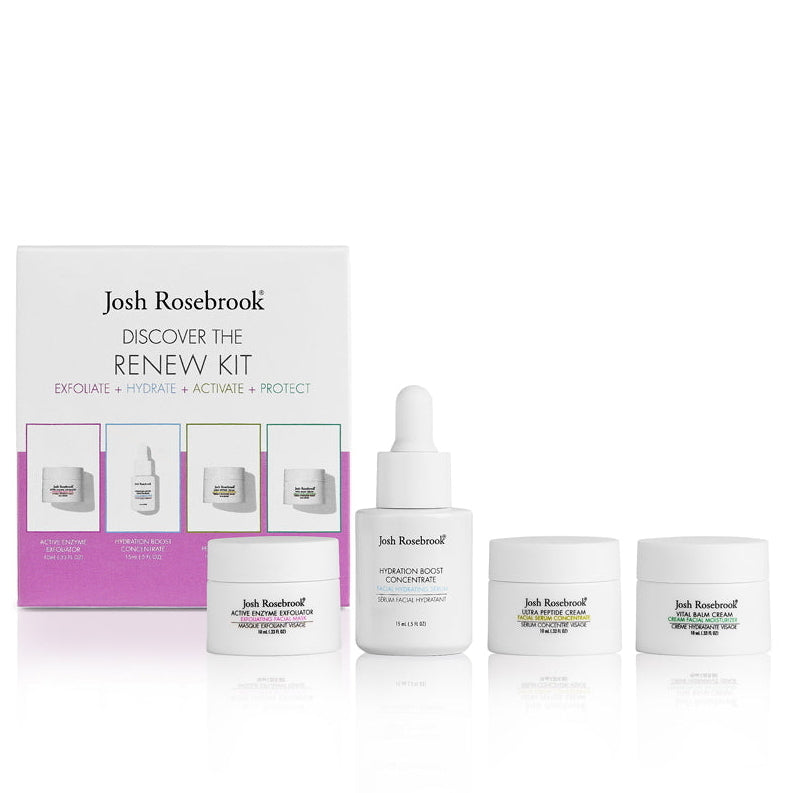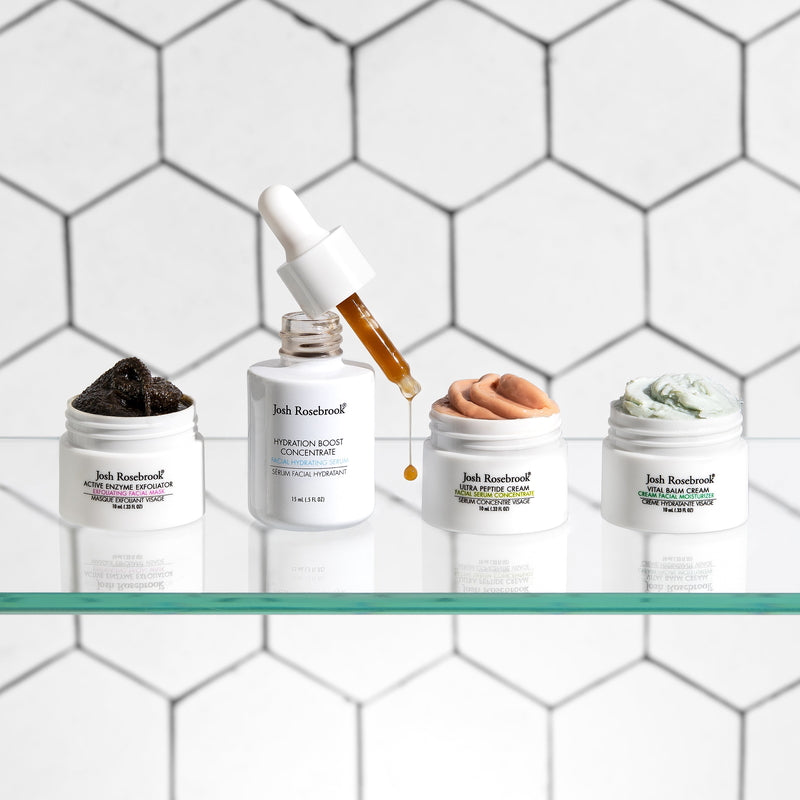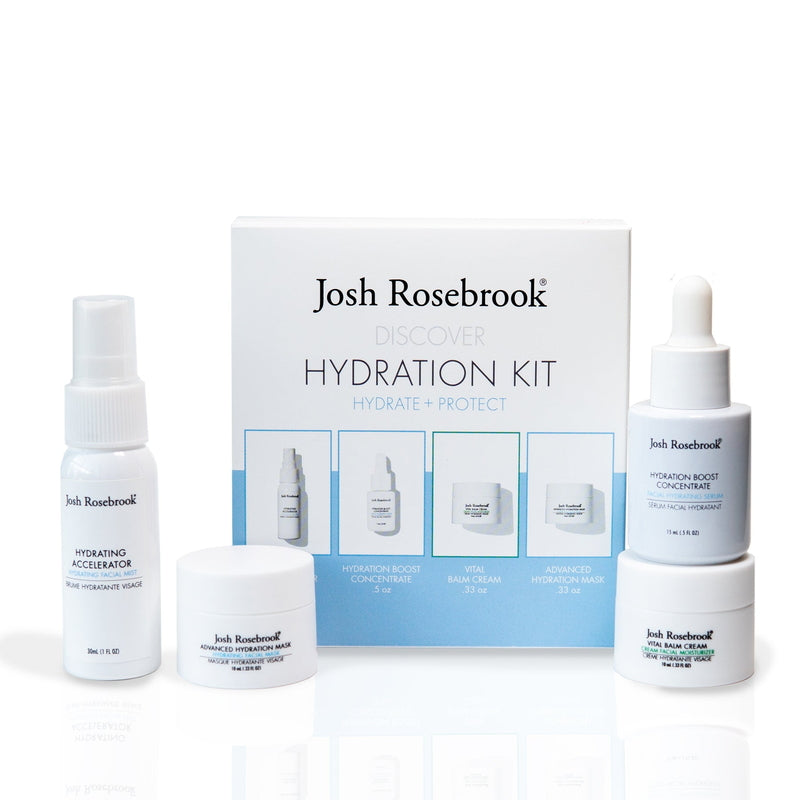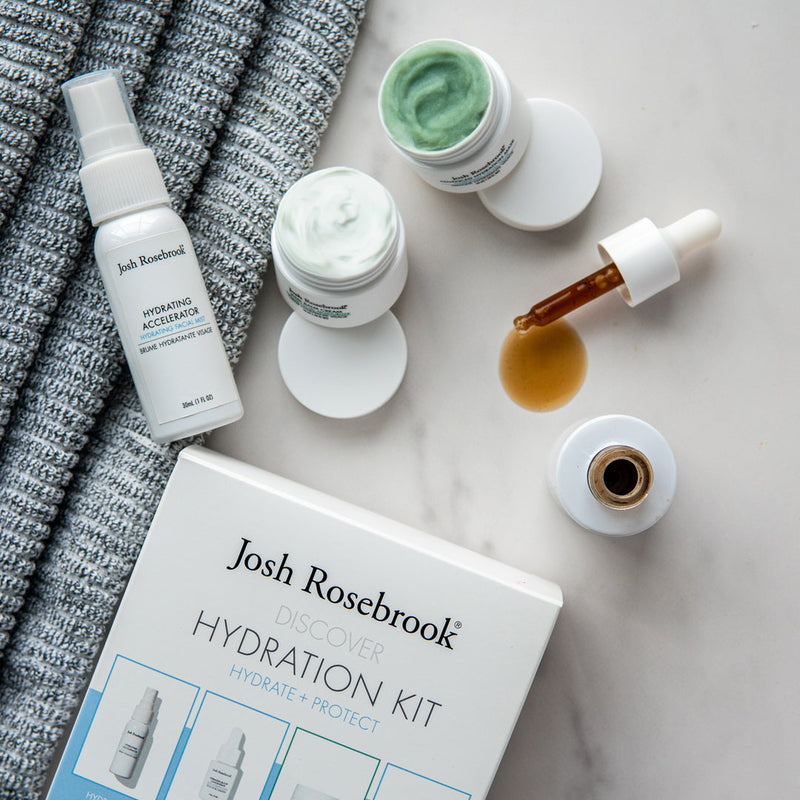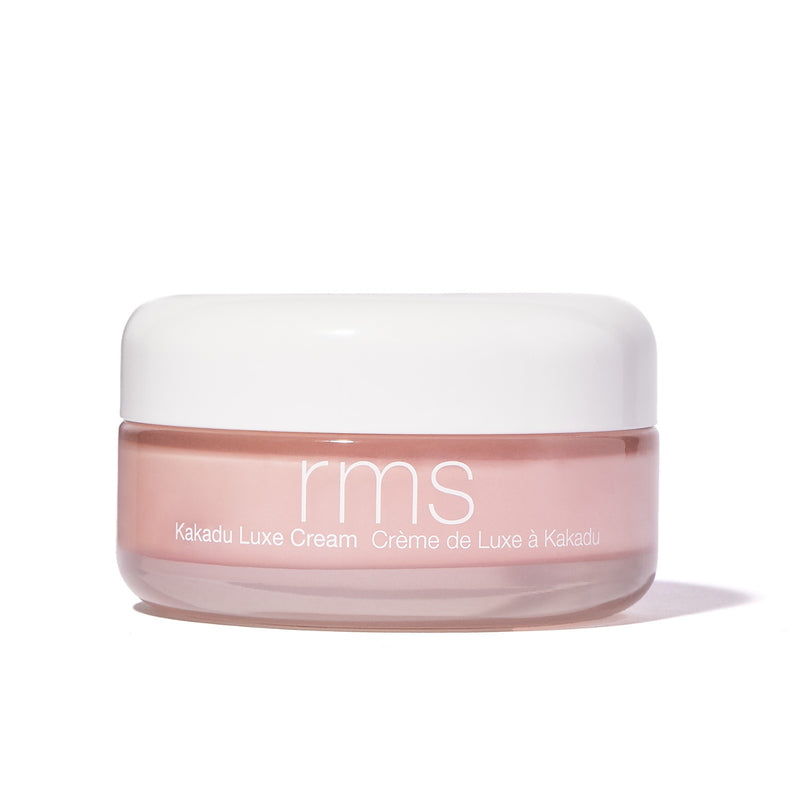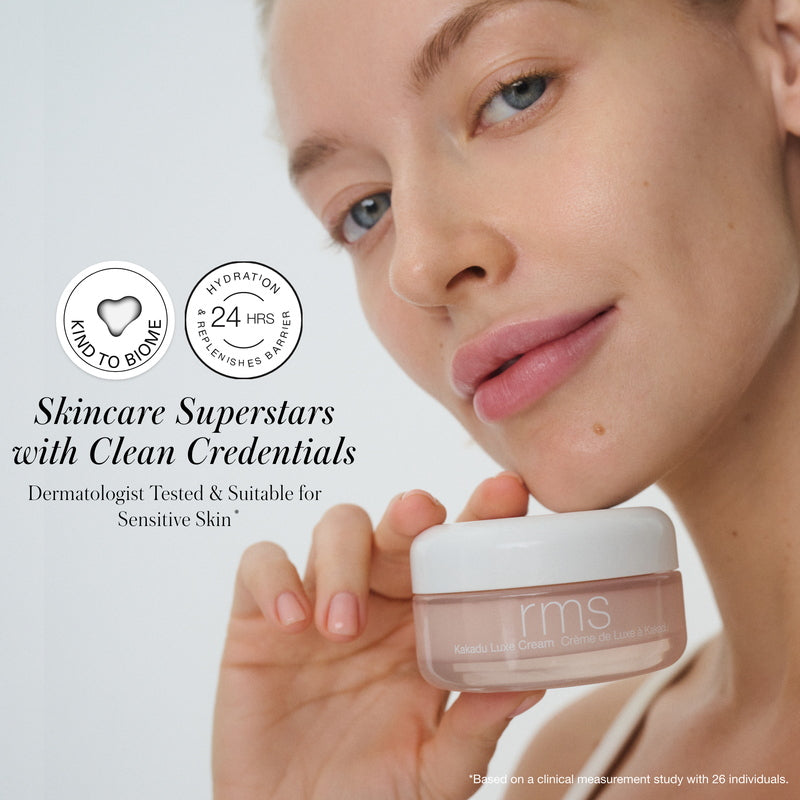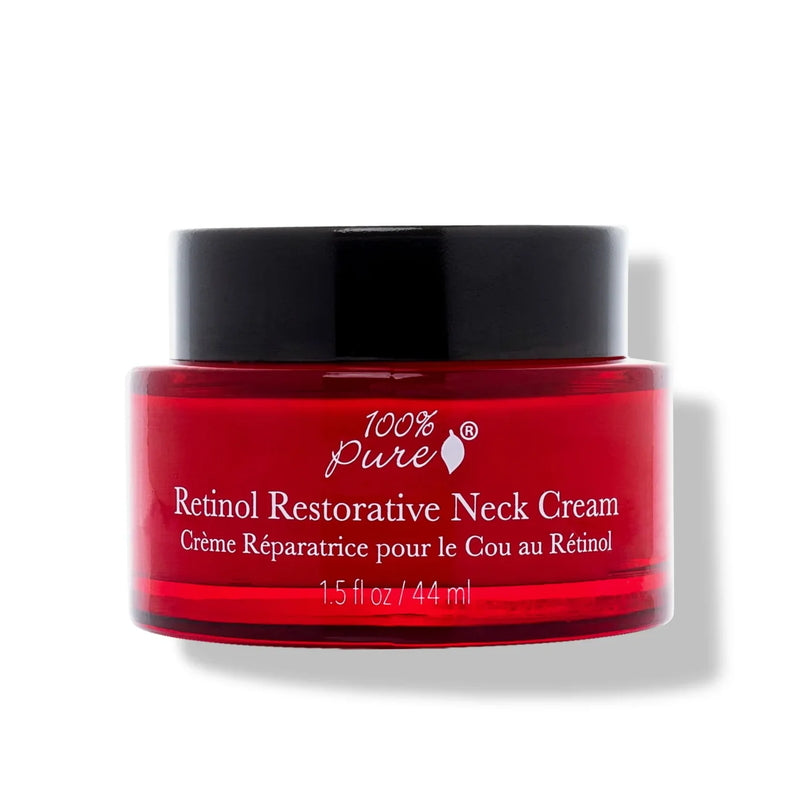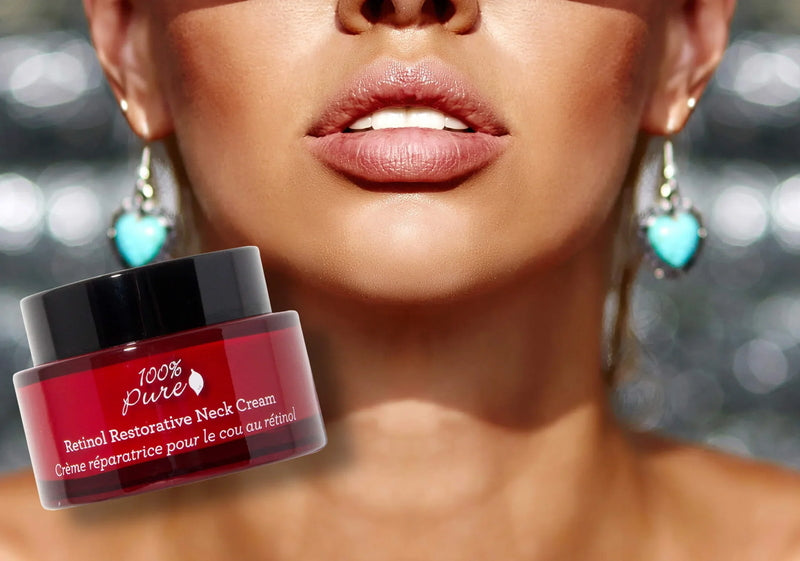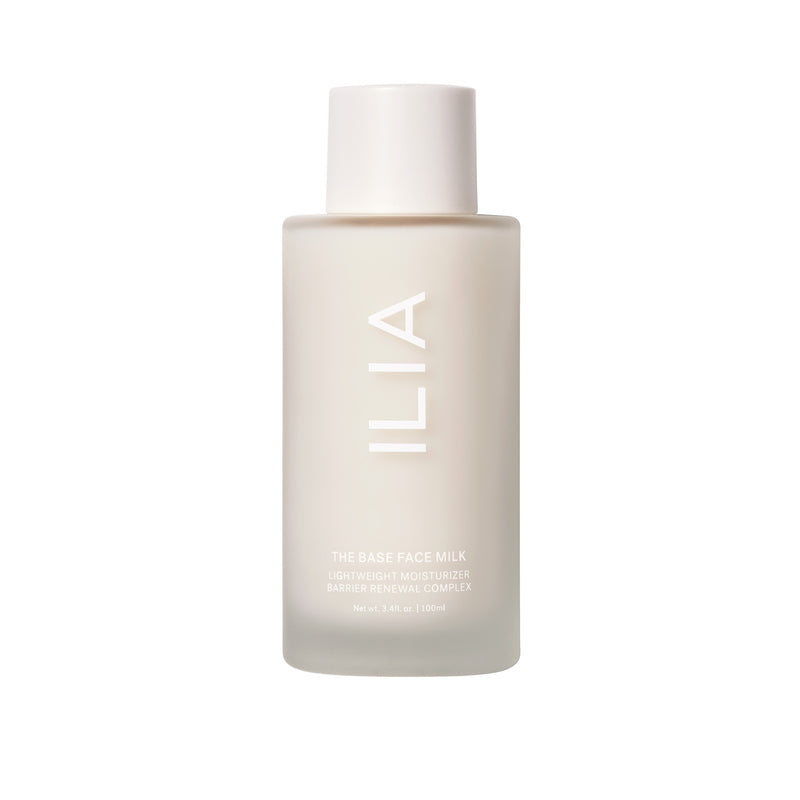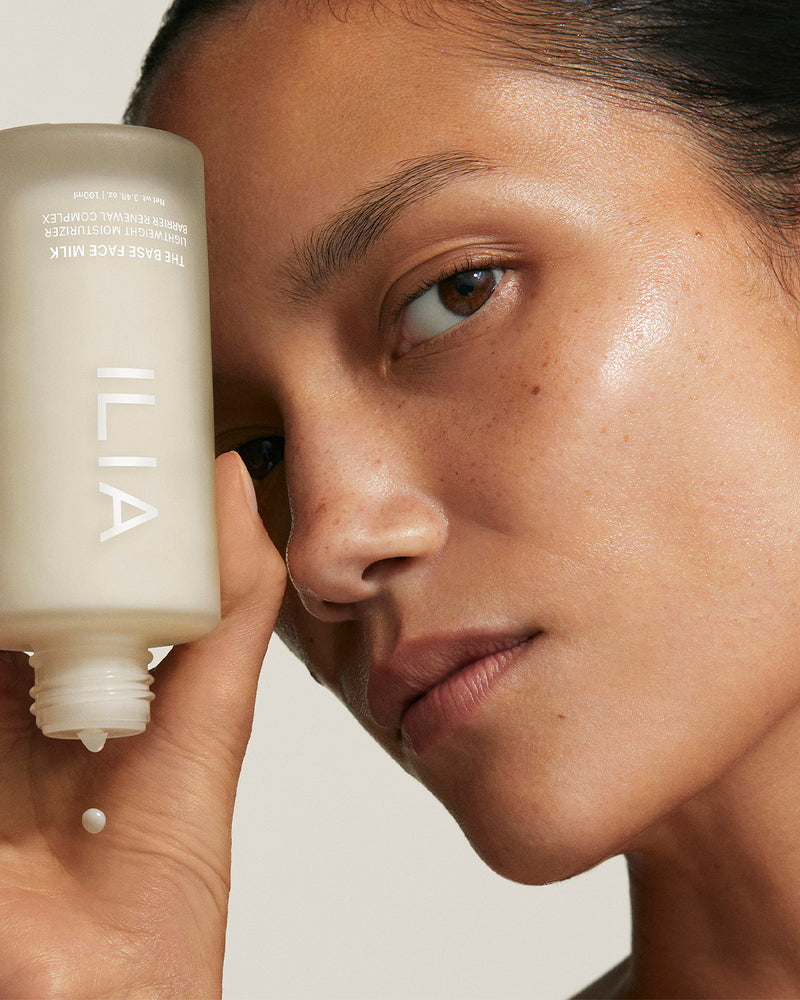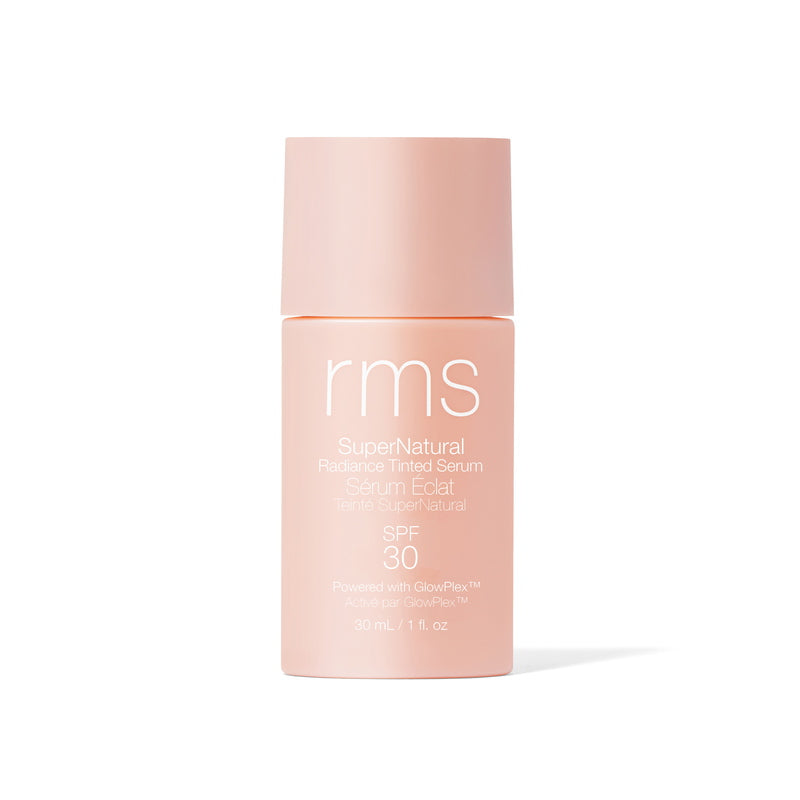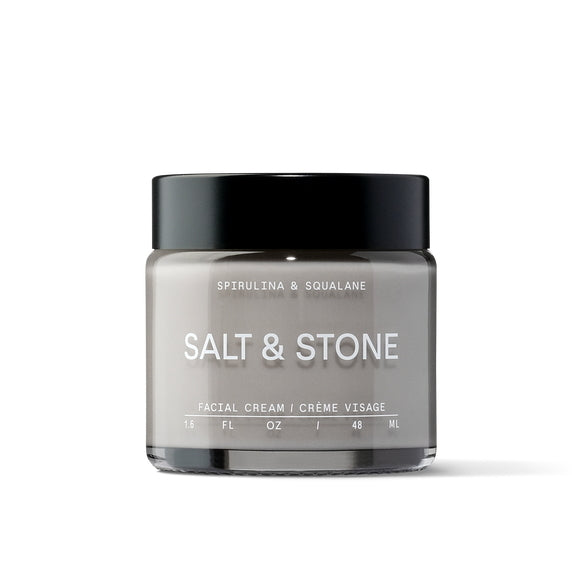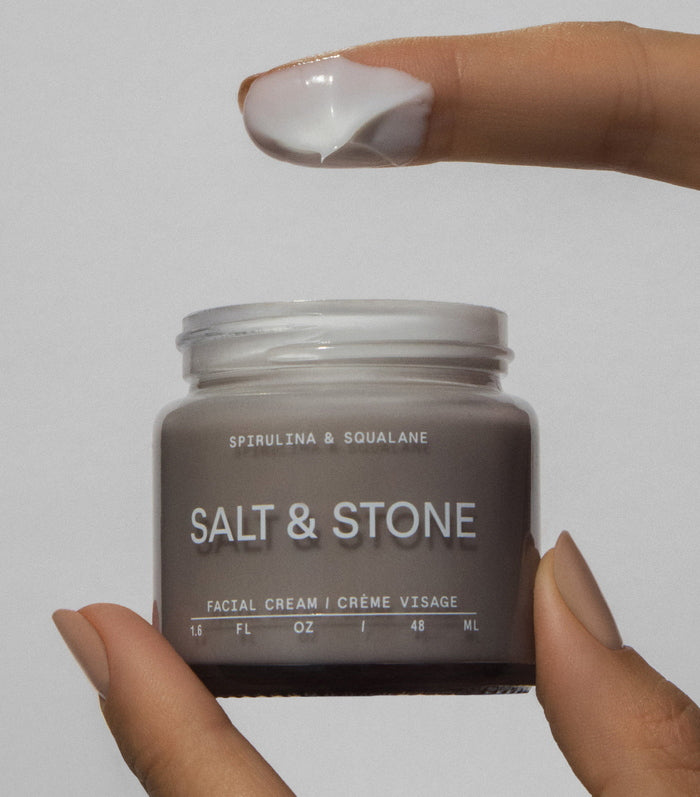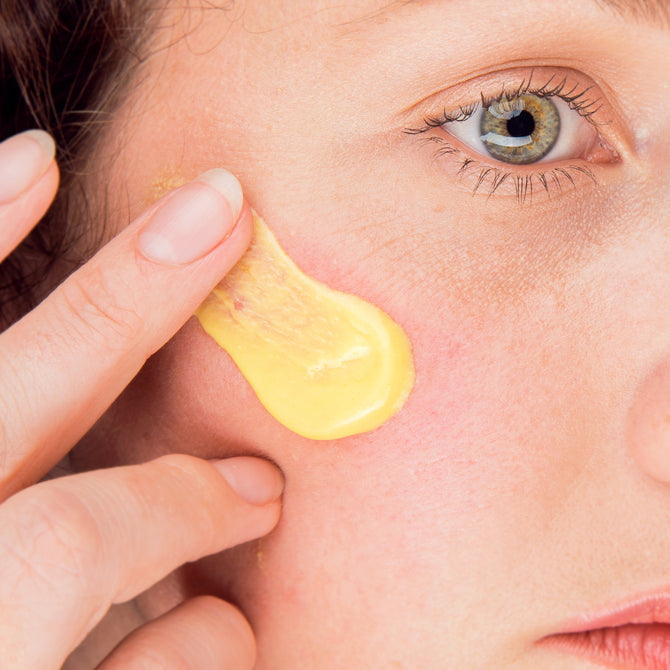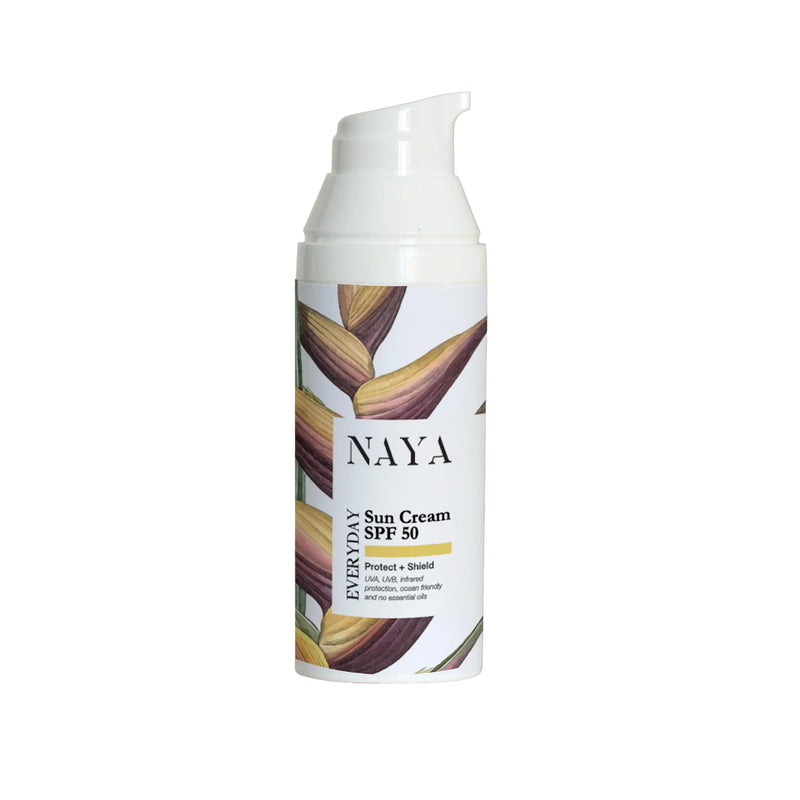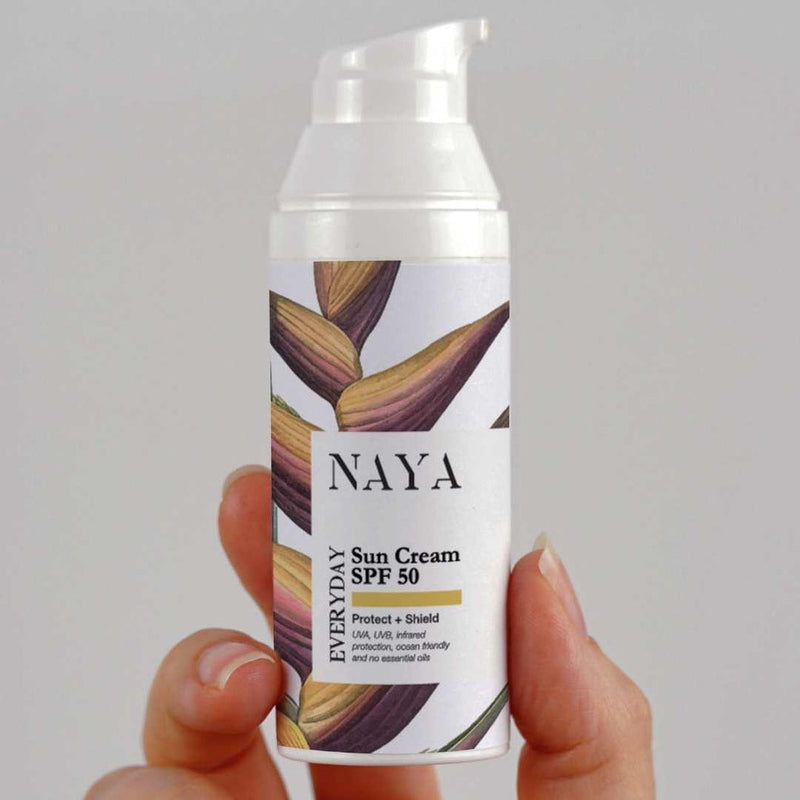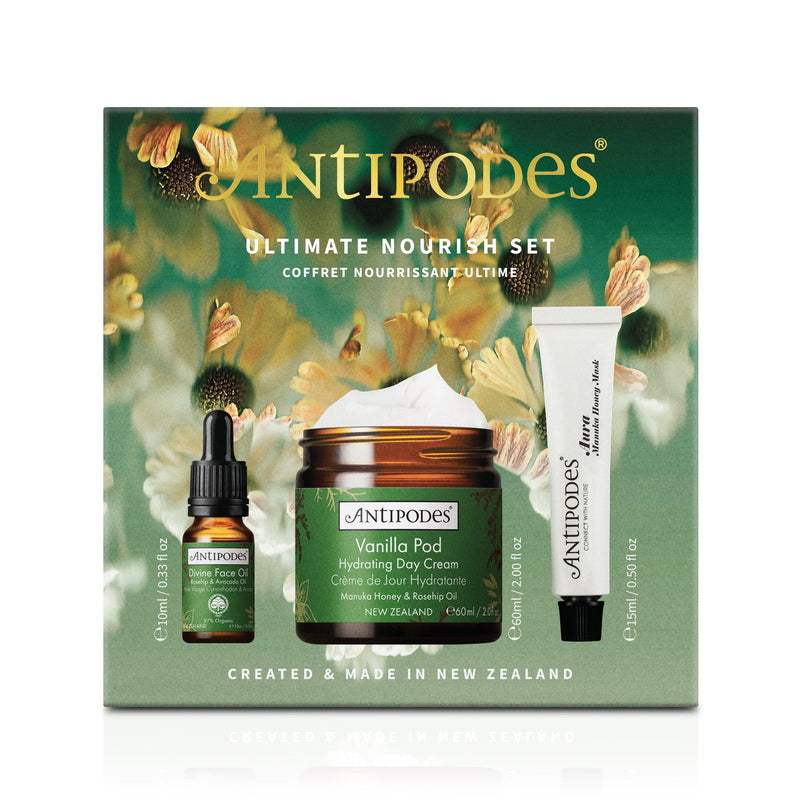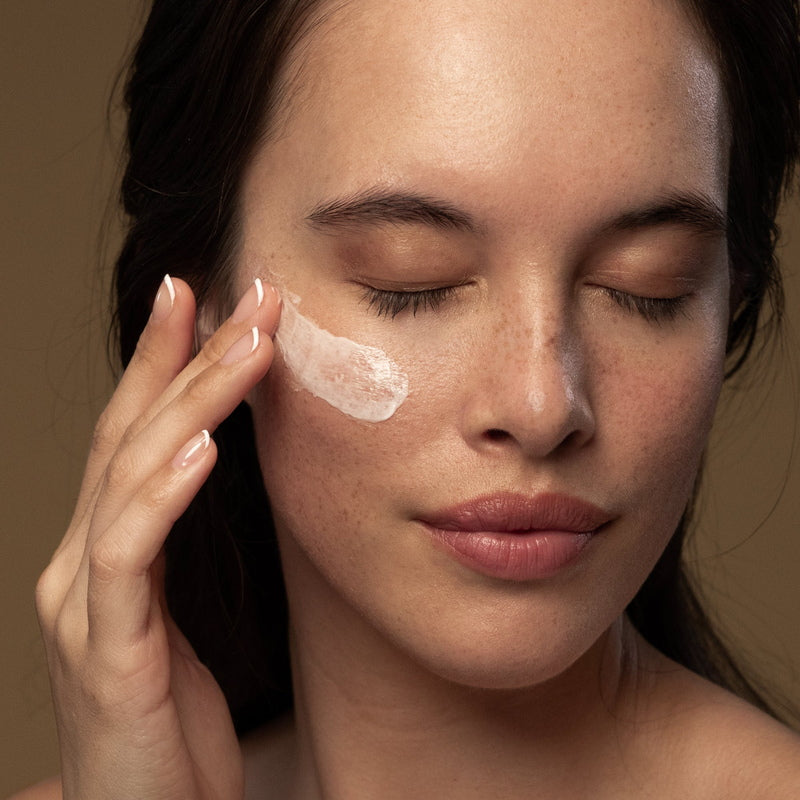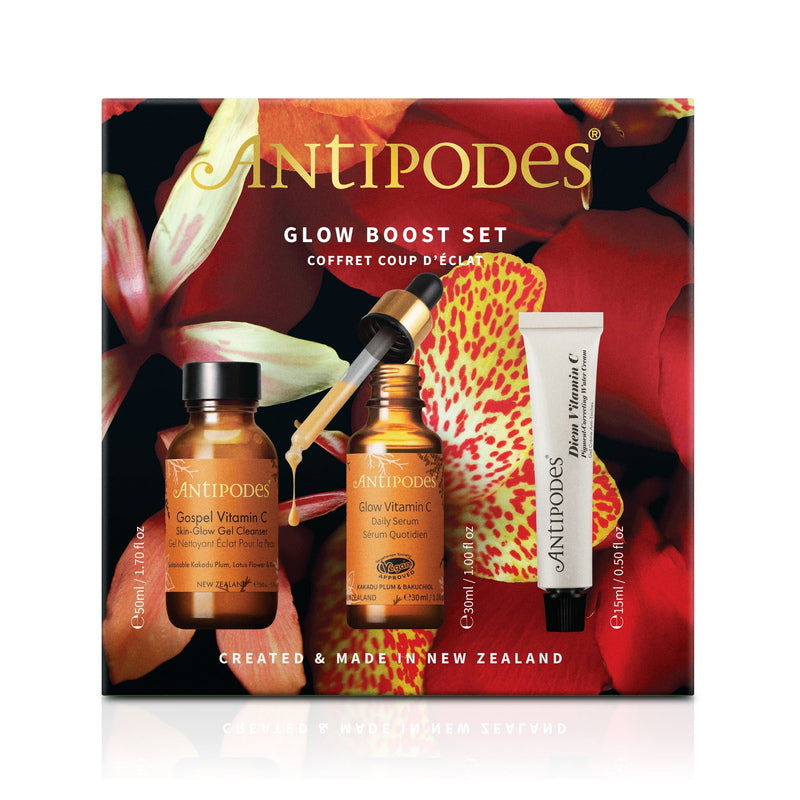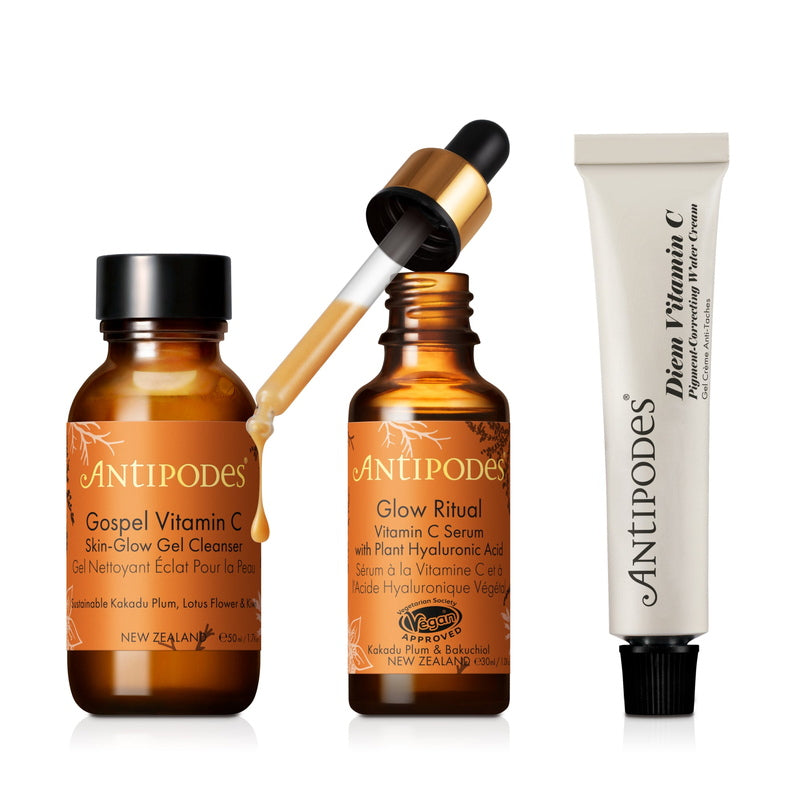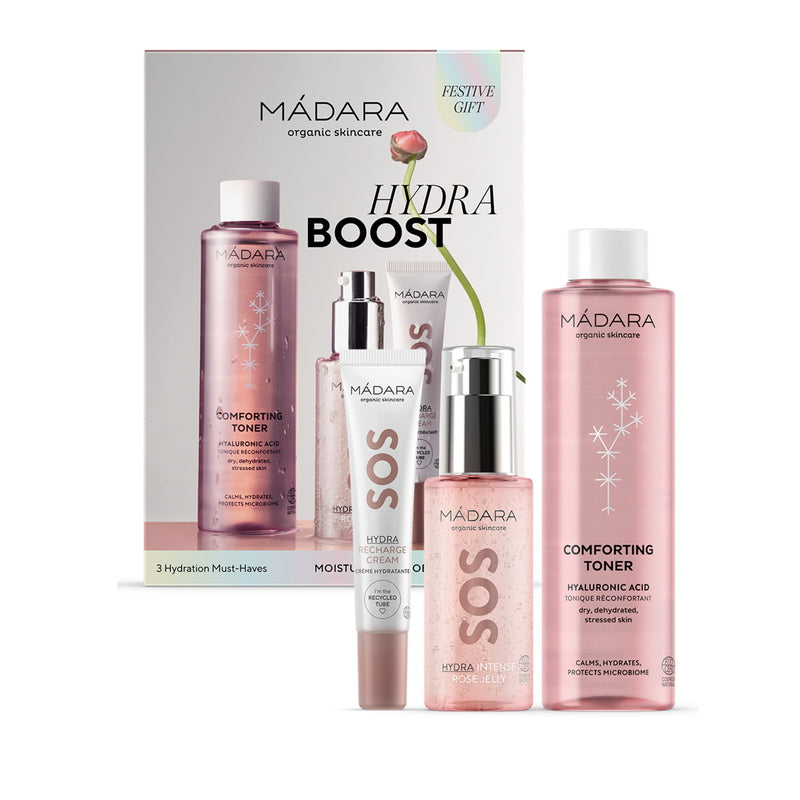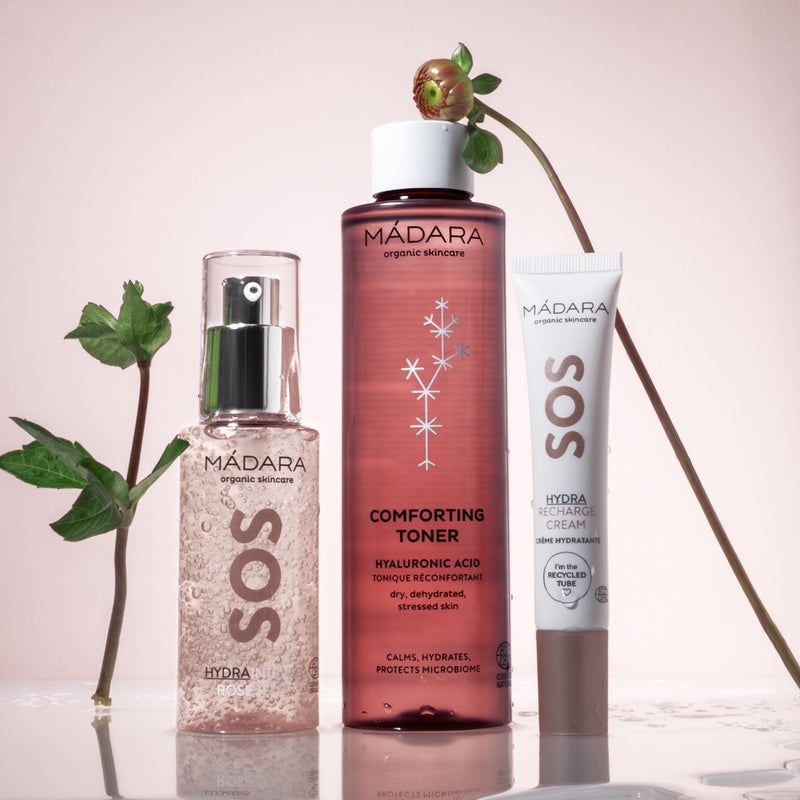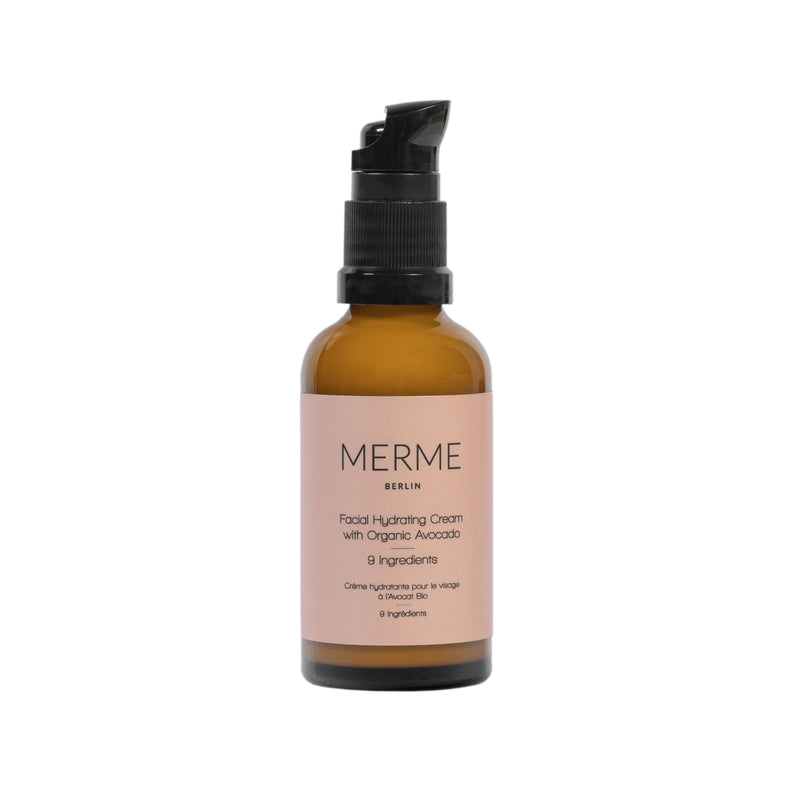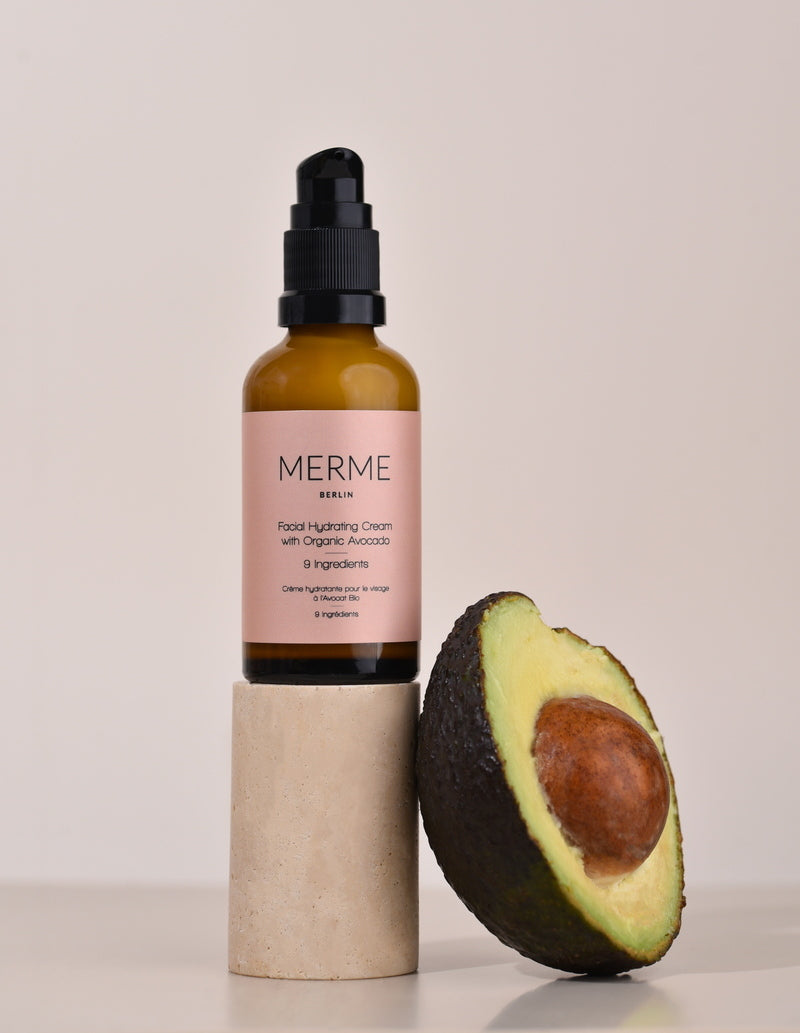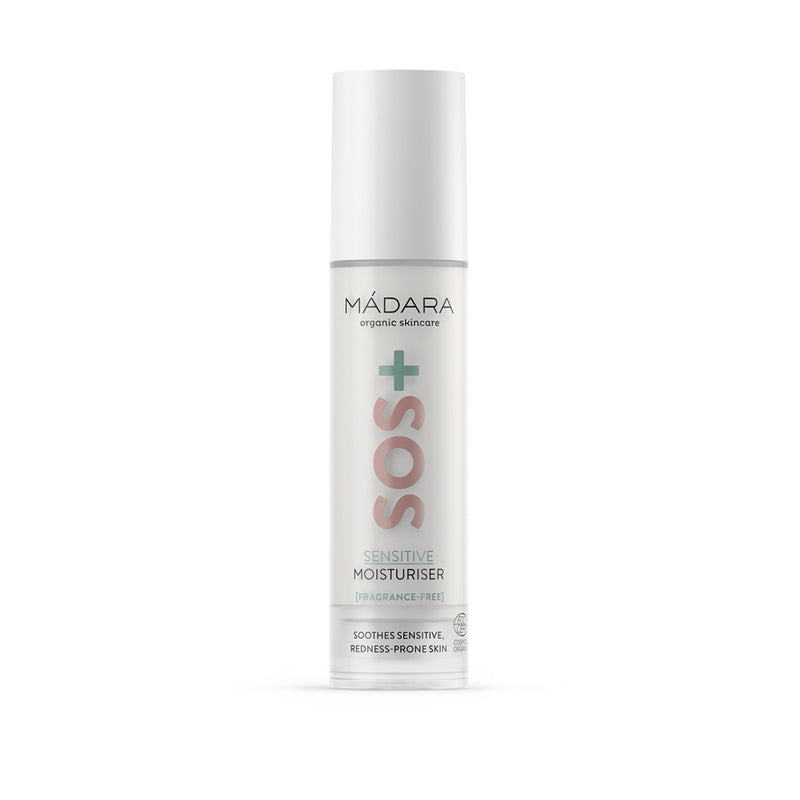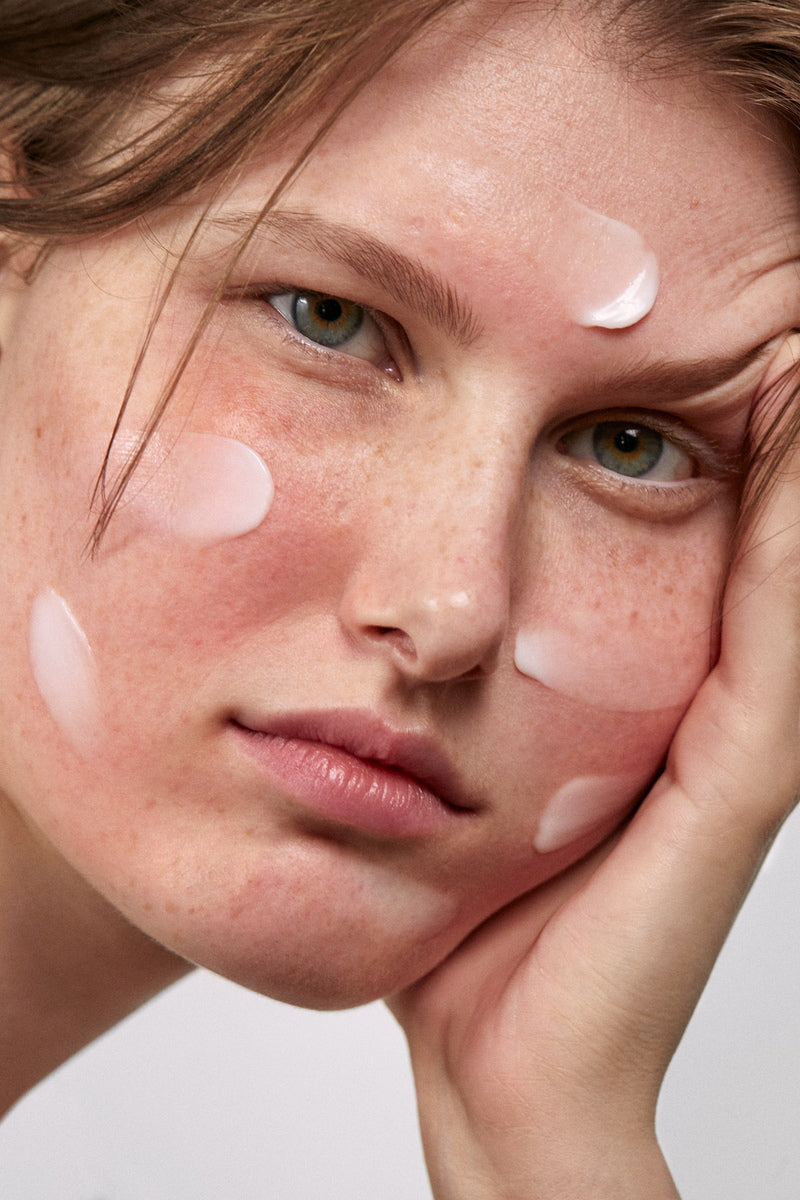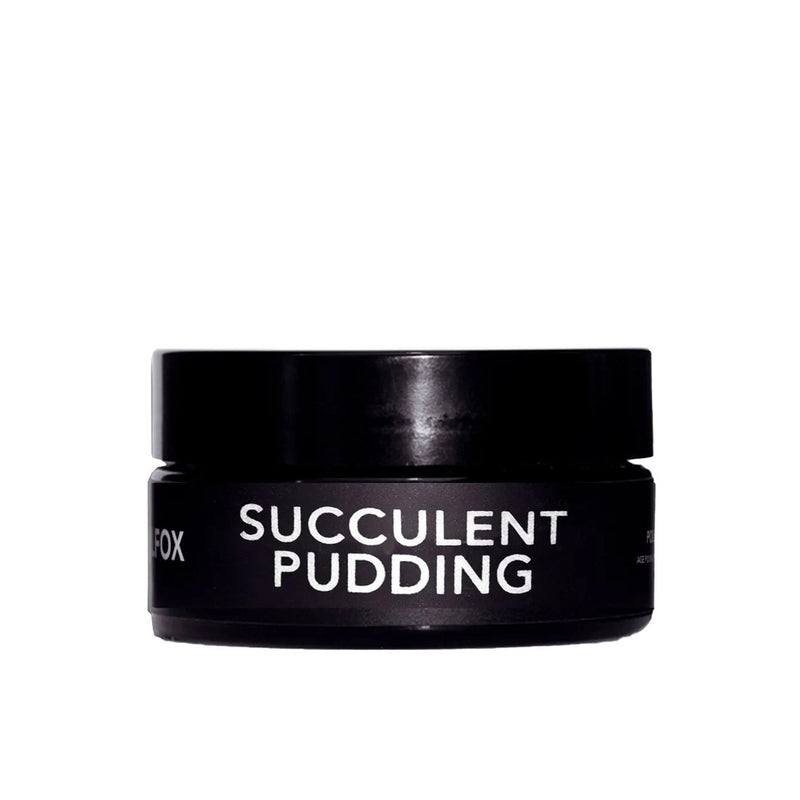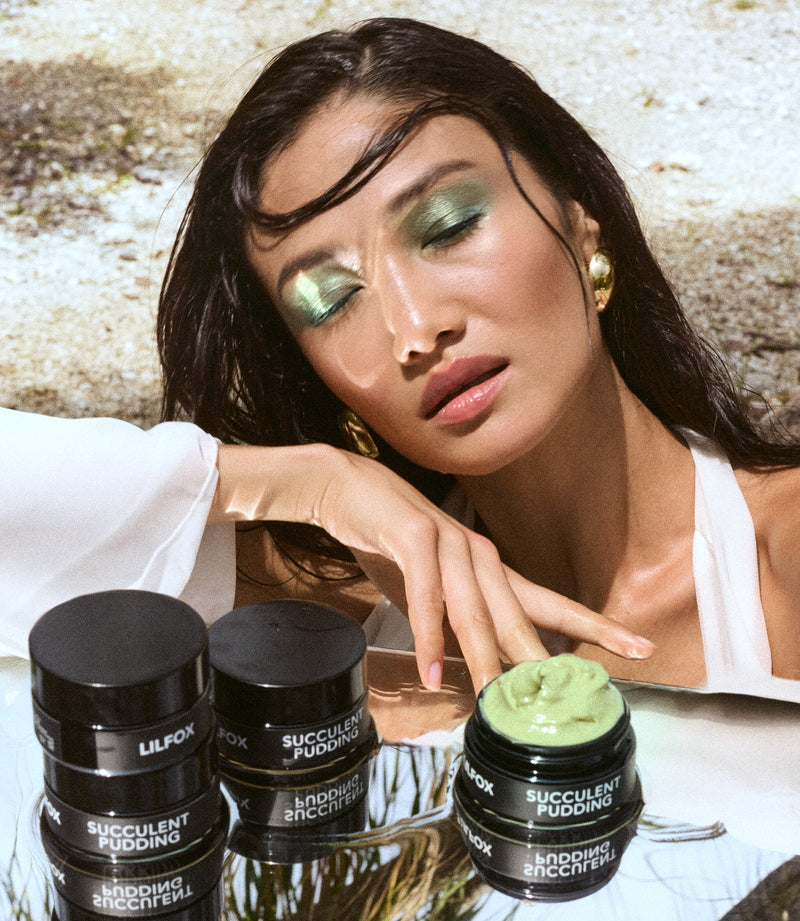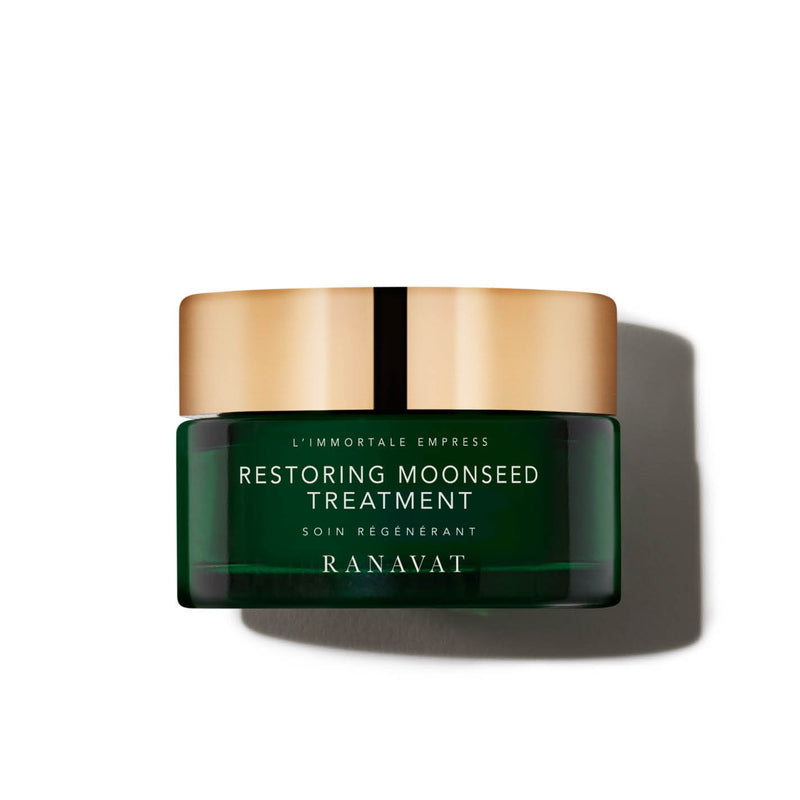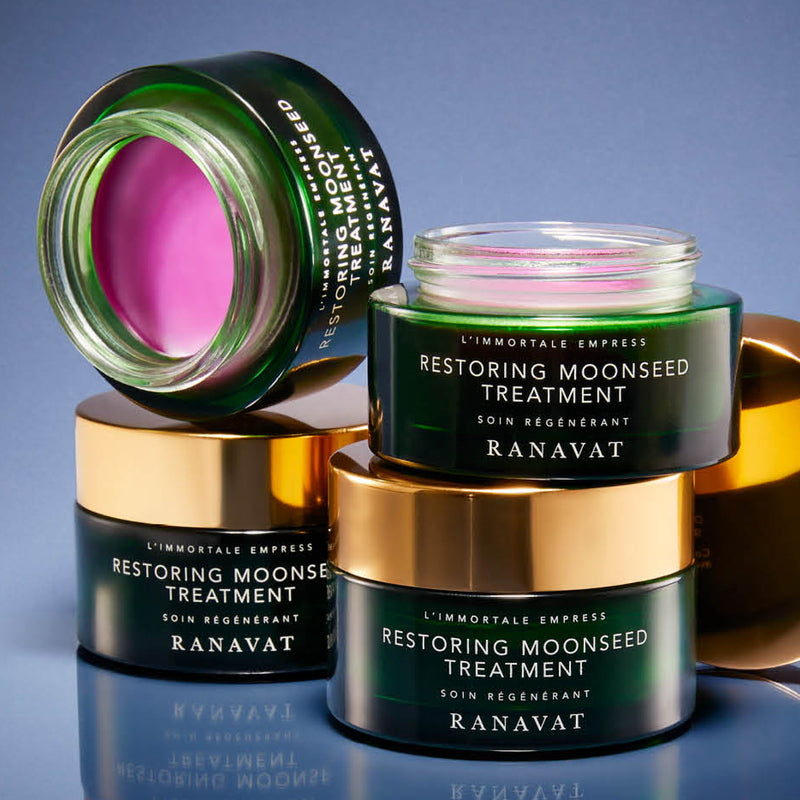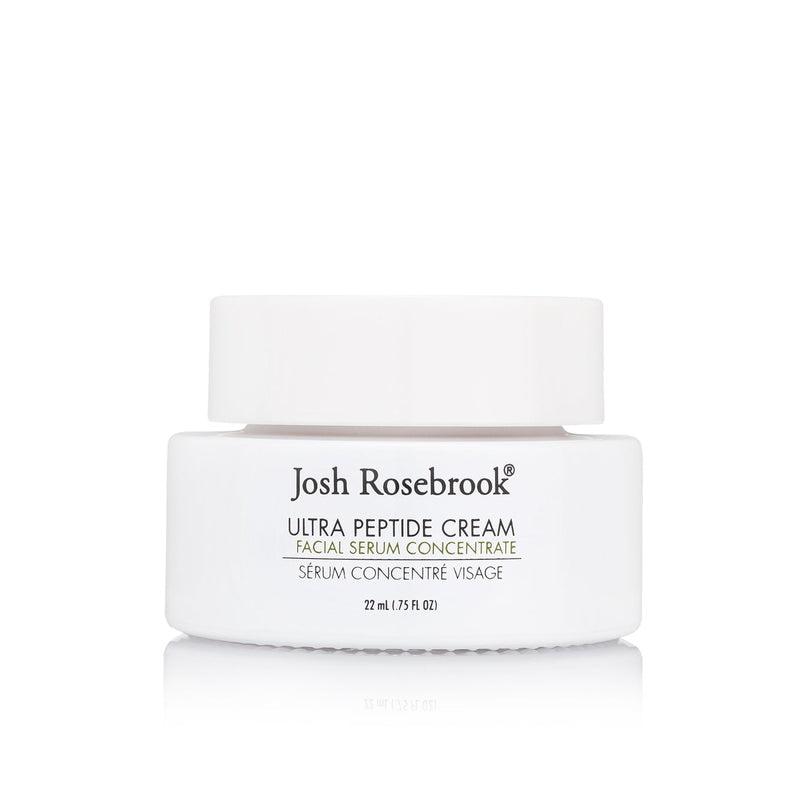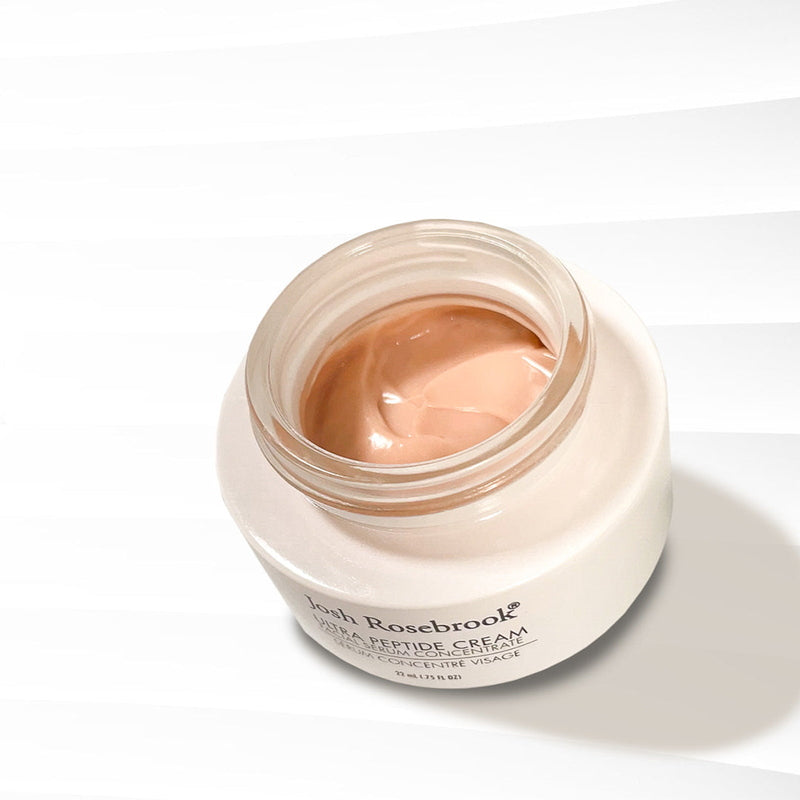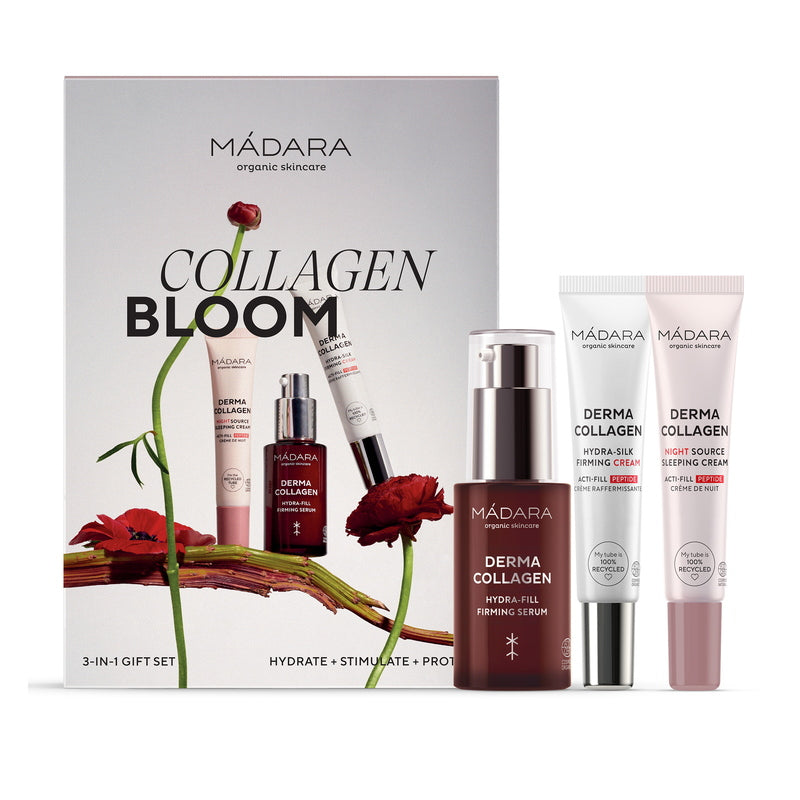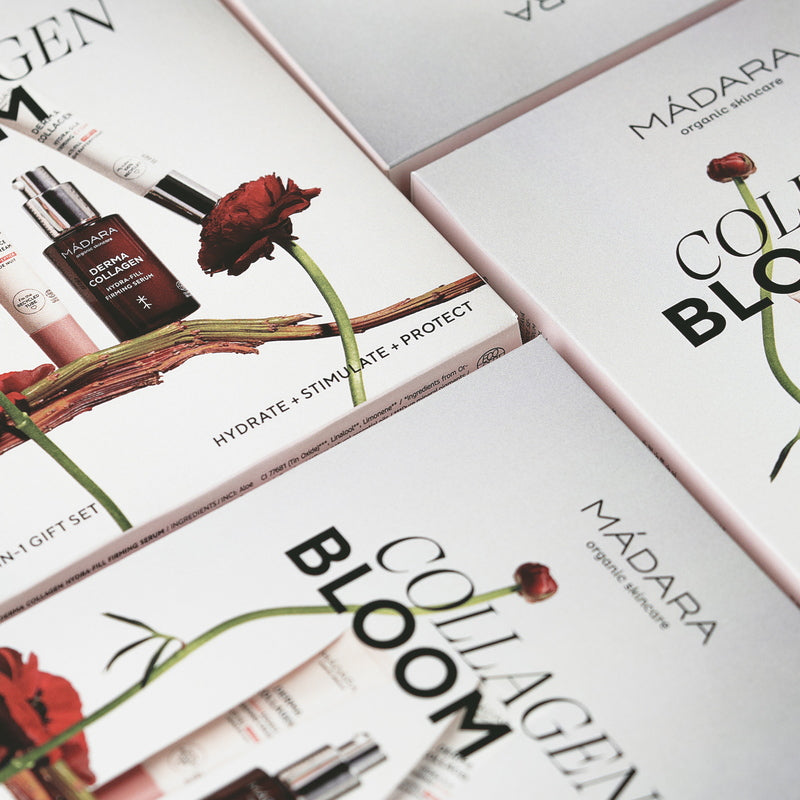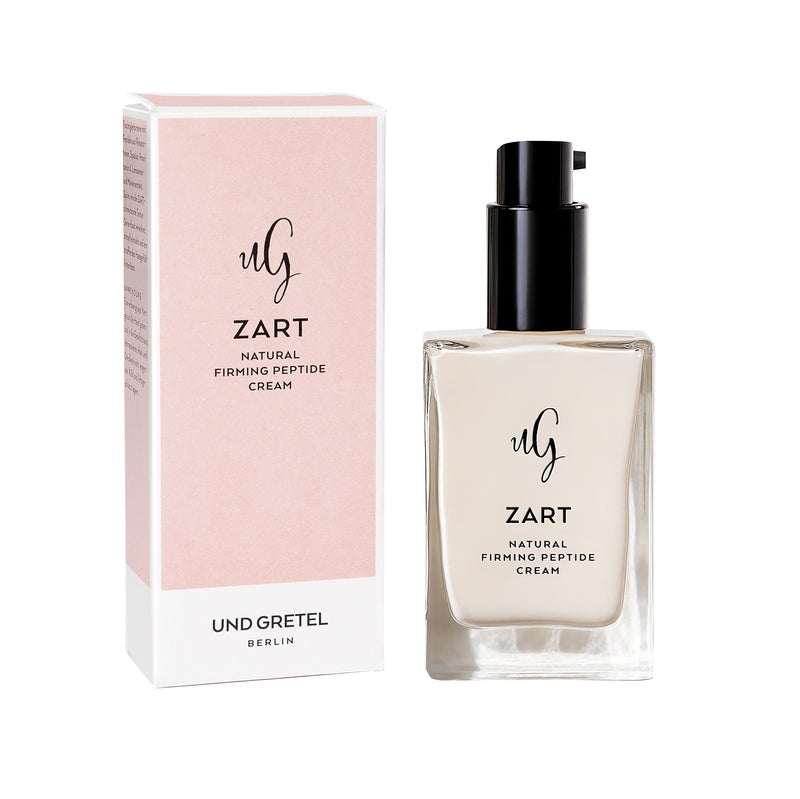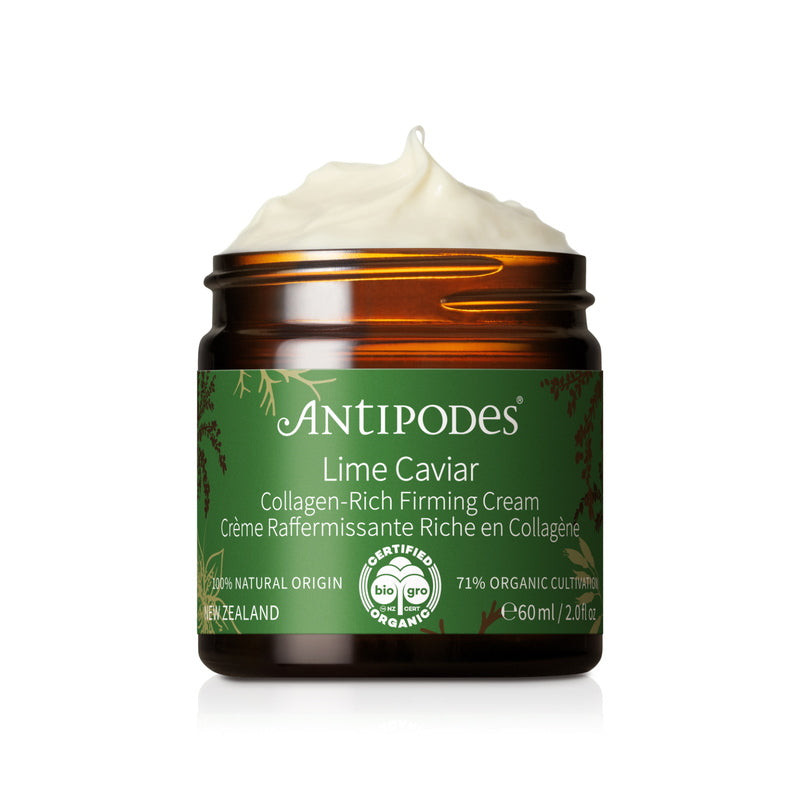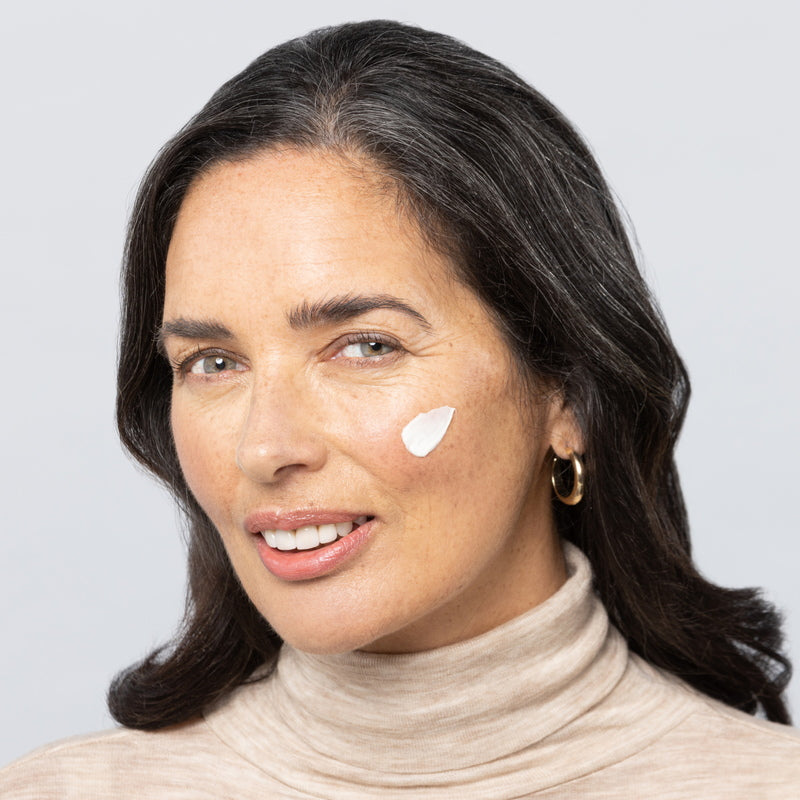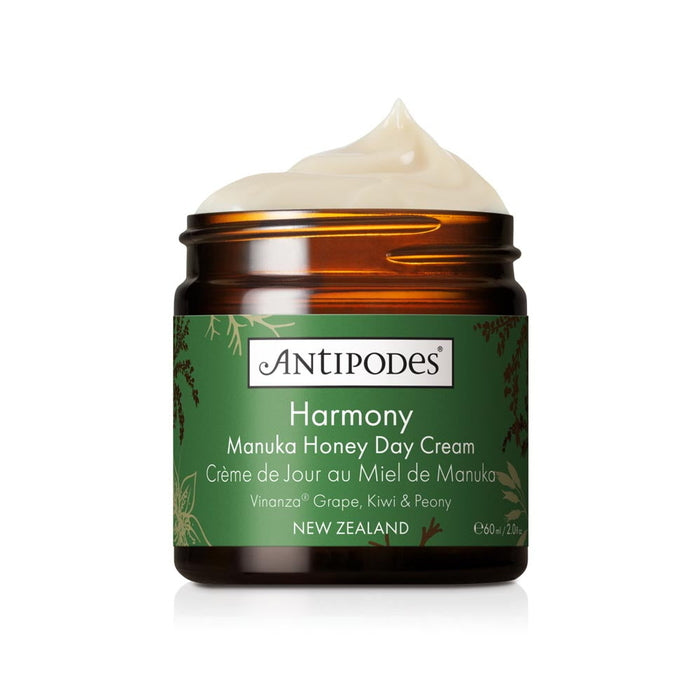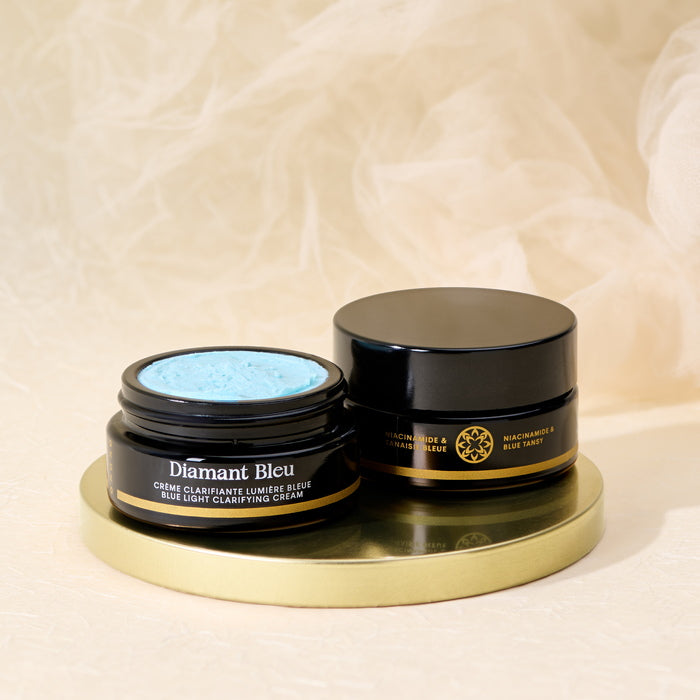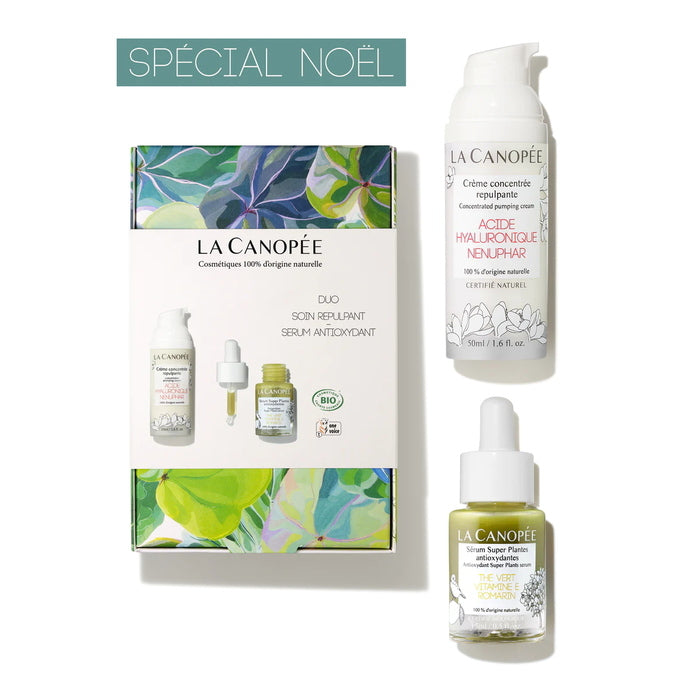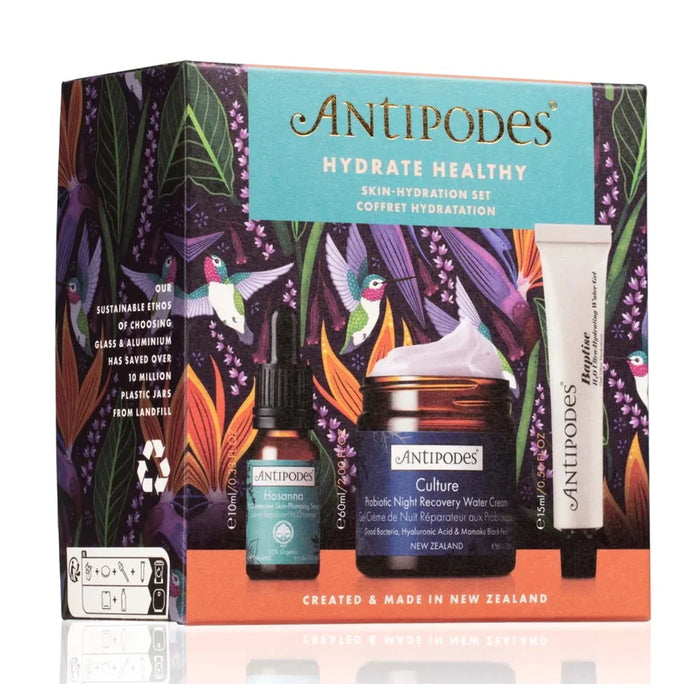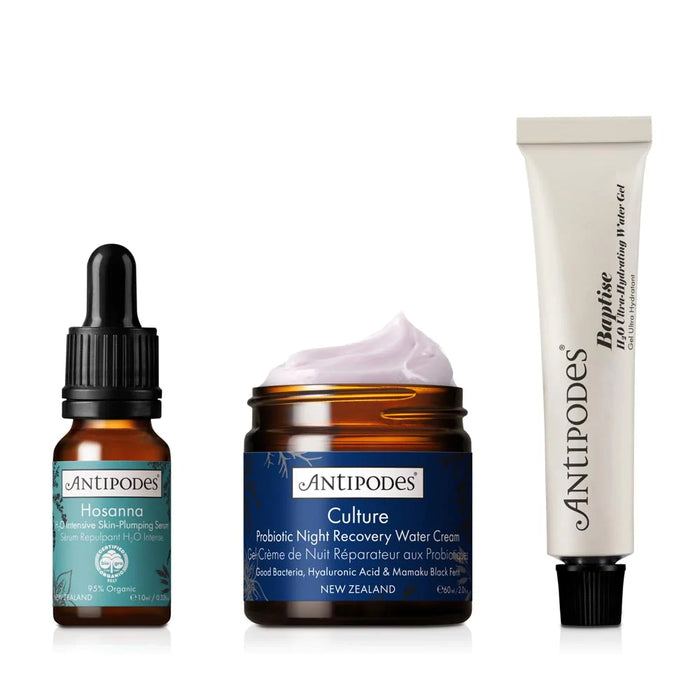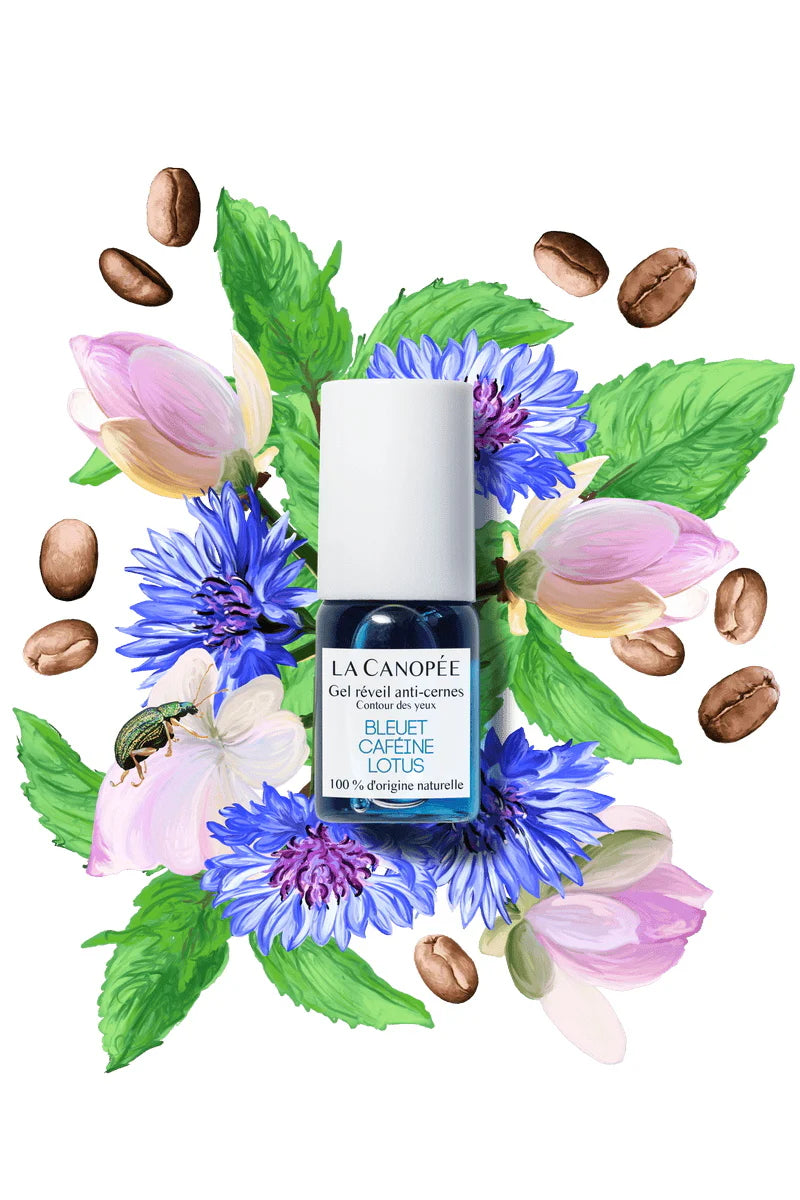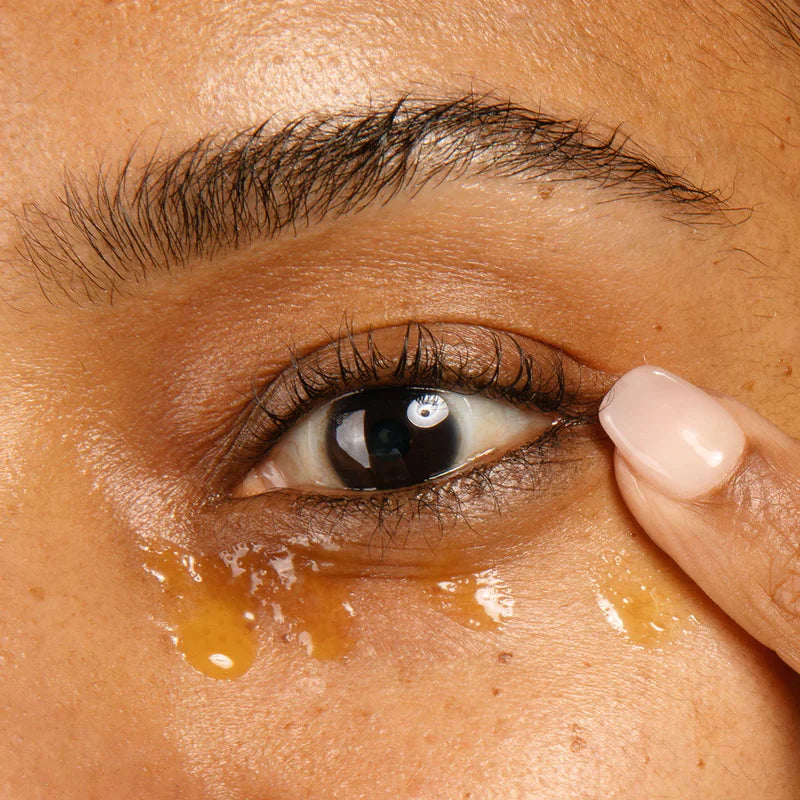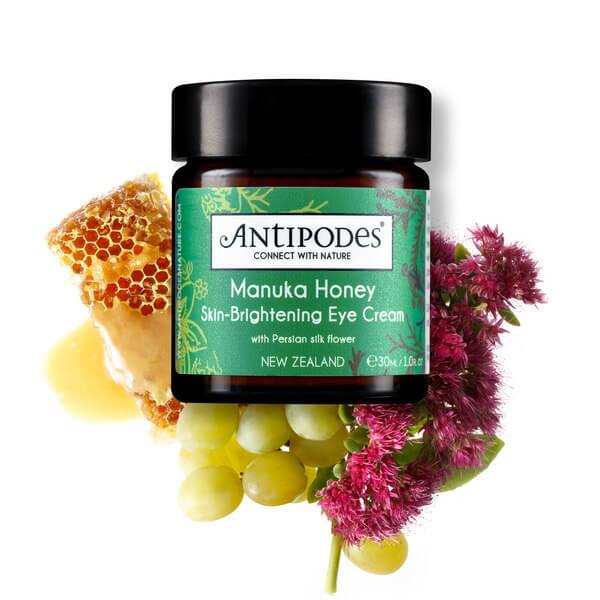Radiant skin and conscious living: A plea for natural cosmetics face creams
The many sayings that exist about our skin, such as “that's getting under my skin” or “getting out of my skin” point to the importance and close connection that we have with our protective shell. The skin is our largest organ and deserves intelligent care. In this day and age when we are surrounded by a variety of skin care products, it is important to make the right choices to optimally protect and care for our skin. “I feel comfortable in my skin” is the phrase we want to say.
Basics first, what is a face cream made of?
The basis of a face cream is always the same: water and lipids – fats and oils – as well as emulsifiers. There are also special active and care ingredients. Emulsifiers are needed to permanently maintain the mixture of water and fat components and to produce a cream with a uniform texture. The fats in the creams make the skin slightly water-repellent, inhibit the release of water (evaporation) through the skin and protect it from drying out.
Do you need a cream?
Whether you need a cream depends on your needs Skin dependent. If the skin has problems such as dryness, oily areas, impurities, or dullness, or if it is prone to inflammation (such as neurodermatitis), a cream can improve this condition. Regular use can also have a positive effect on the appearance of premature skin aging. Plus, well-nourished, hydrated skin just feels very comfortable in balance. Of course, our skin's self-healing powers can do a lot on its own, but many external and internal stresses make life difficult for it. A good day cream supports the skin where it needs it.
Nature's treasures
Conventional moisturizers contain a variety of chemicals, synthetic fragrances, and preservatives that, while they may provide smooth skin in the short term, can have negative effects in the long term. The heart of natural creams, however, is a wealth of natural ingredients that are sustainably sourced from Mother Nature. These organic alternatives use vegetable butter and natural oils, such as avocado oil, Cocum butter, buriti oil, mango butter, sesame oil or rosehip oil which are rich in fatty acids, nutrients and vitamins. These fats form the basis of the cream. Extracts from herbs, spices, flowers and other plants also provide minerals, trace elements, antioxidants and secondary plant substances. Ingredients range from agave extract and amla to cinnamon and lemon myrtle. Mostly round essential oils For example, the formulations are made from vanilla, rose, cedar or geranium and give the creams their unmistakably natural scent.
Hydration without compromise
Achieving optimal hydration without clogging pores is a delicate balance, and organic moisturizers excel in this regard. The light texture and mostly non-comedogenic properties of these products ensure that your skin is deeply hydrated and nourished without risking breakouts. Say goodbye to the inconvenience of heavy, pore-clogging moisturizers and hello to a refreshing, breathable solution that keeps your skin balanced and radiant.
Gentle elegance for sensitive skin
If you're one of the many people with sensitive skin, finding the right skin care products can be daunting. Natural day and night creams with their gentle formulations minimize the risk of allergic reactions and can be a lifesaver. With soothing ingredients like chamomile and calendula, organic creams are a balm for sensitive skin, providing moisture and nourishment without the fear of unwanted reactions. Skin problems such as redness or irritation can be significantly improved with gentle care. People who are allergic to essential oils should Natural cosmetics Use creams to use lotions that do not contain fragrances at all.
Timeless grace
The powerful combination of natural antioxidants in organic moisturizers plays a crucial role in combating the signs of aging. These antioxidants neutralize free radicals that accelerate the aging process by damaging skin cells. Regular use of organic facial care can help reduce the appearance of fine lines, wrinkles and age spots and promote a more youthful and radiant complexion. Enjoy the beauty of aging with the support of nature's proven remedies.
100% cruelty-free
Organic skincare brands vehemently oppose animal testing and make their products an ethical choice for people where beauty is synonymous with compassion. Those who choose natural cosmetics speak out against animal cruelty and promote a gentler and more humane approach to skin care.
Environmentally friendly beauty
Another advantage of natural moisturizers is that they are environmentally friendly. The production of conventional skin care products often produces chemical waste and environmentally harmful emissions. Natural care products, on the other hand, rely on careful manufacturing processes that not only protect the skin, but also our planet. The ingredients usually come from sustainable production, which minimizes the environmental impact of conventional agriculture or even overexploitation. Additionally, many organic brands use recyclable and biodegradable packaging to Plastic waste to reduce and promote a greener planet.
Variety of products
Another plus point for switching to natural moisturizers is the variety of products available. Nature offers an incredibly wide range of beneficial ingredients that can meet different needs depending on your skin type. Whether dry skin, combination skin or oily skin – there is a suitable moisturizer for every individual requirement.
Conclusion
In the overwhelming range of skin care products, natural cosmetics face creams stand out as beacons of skin health. Not only do they promote radiant skin, but they also represent a lifestyle that emphasizes nature, sustainability and ethical practices. Embrace the transformative power of organic moisturizers, not just as pure skincare, but as a conscious choice to align your beauty routine with the principles of a healthier, more compassionate world. Your skin deserves the purity of nature, and with organic moisturizers you will embark on a journey to skin wellness and mindful living.



